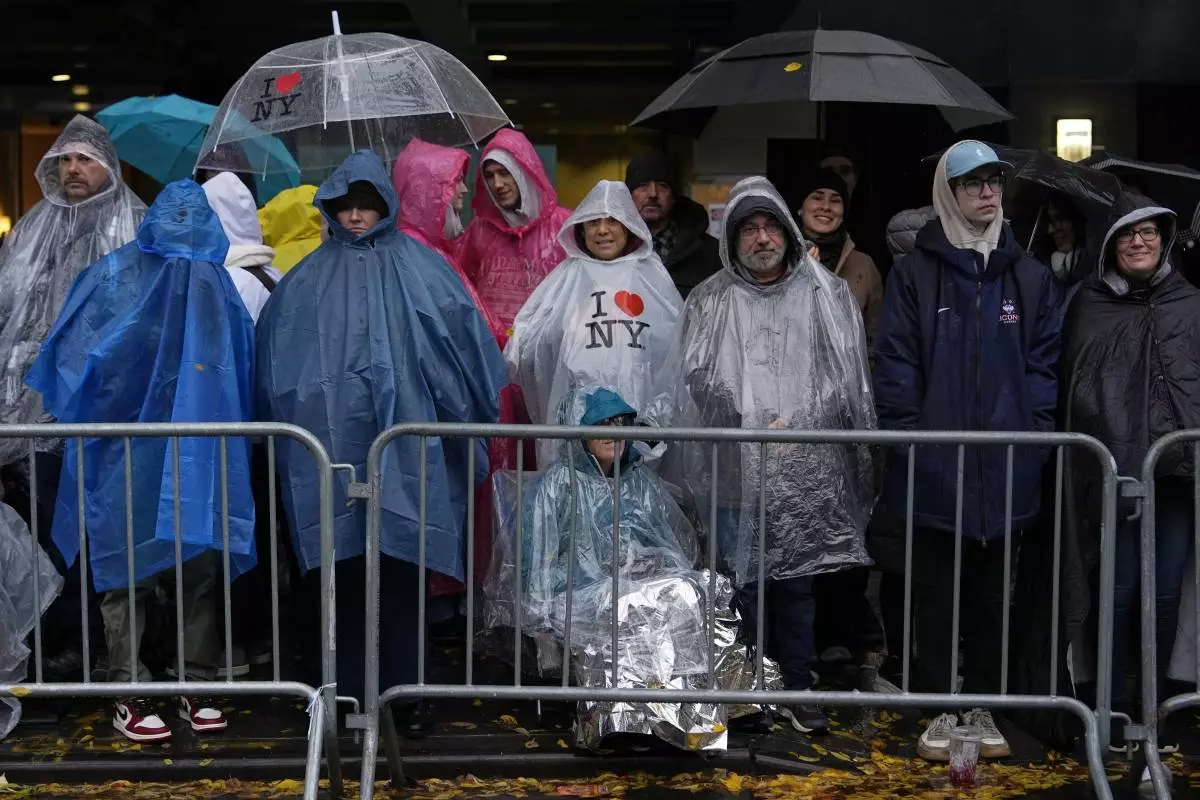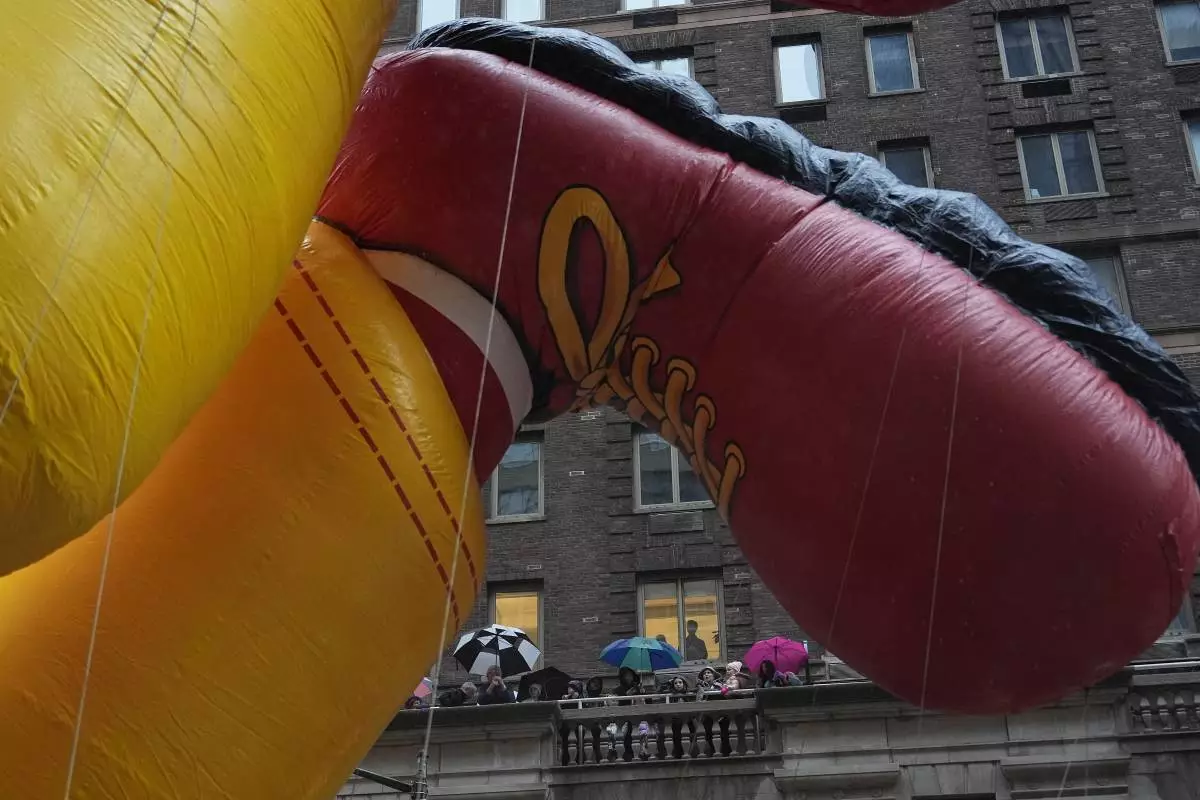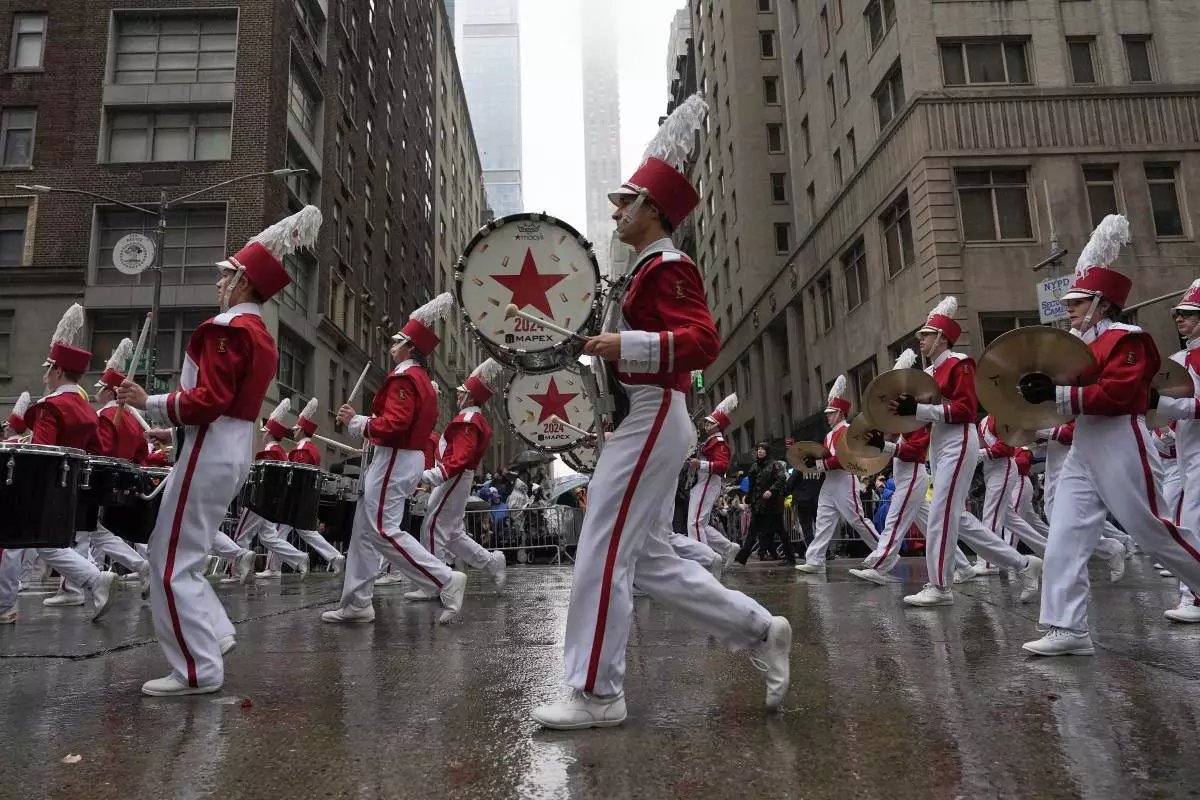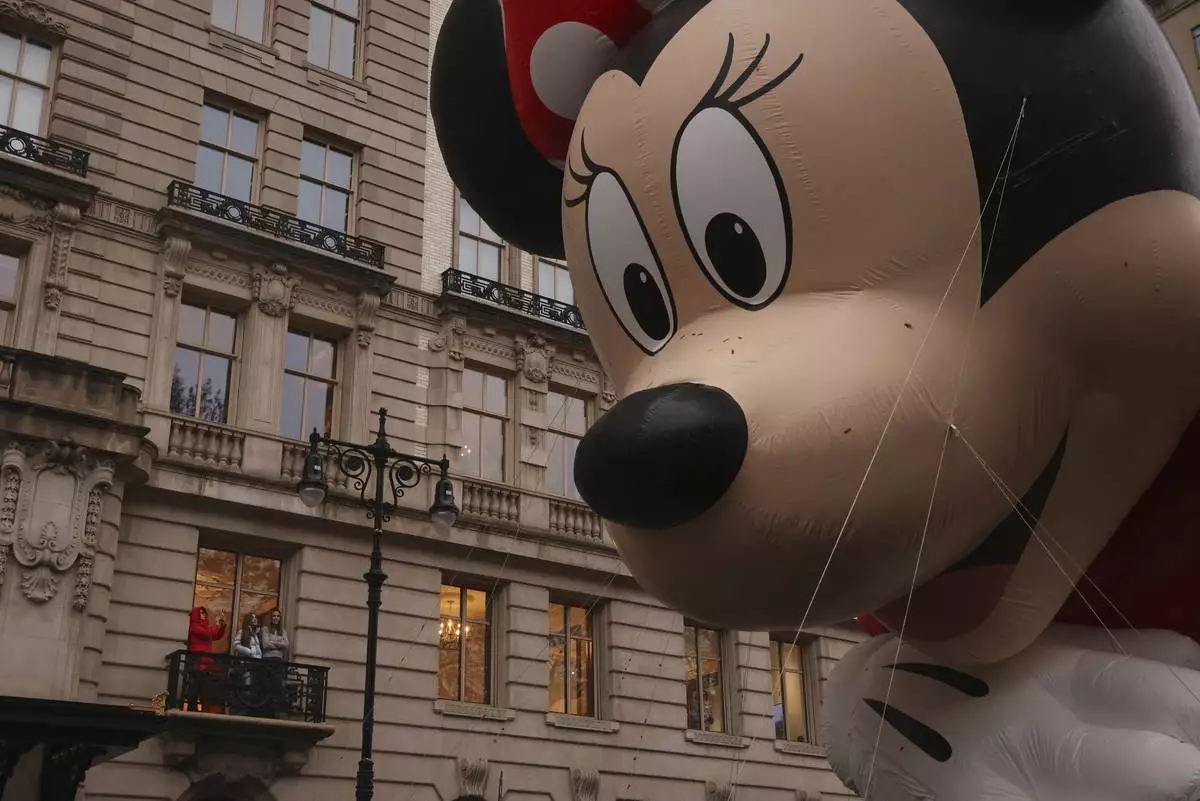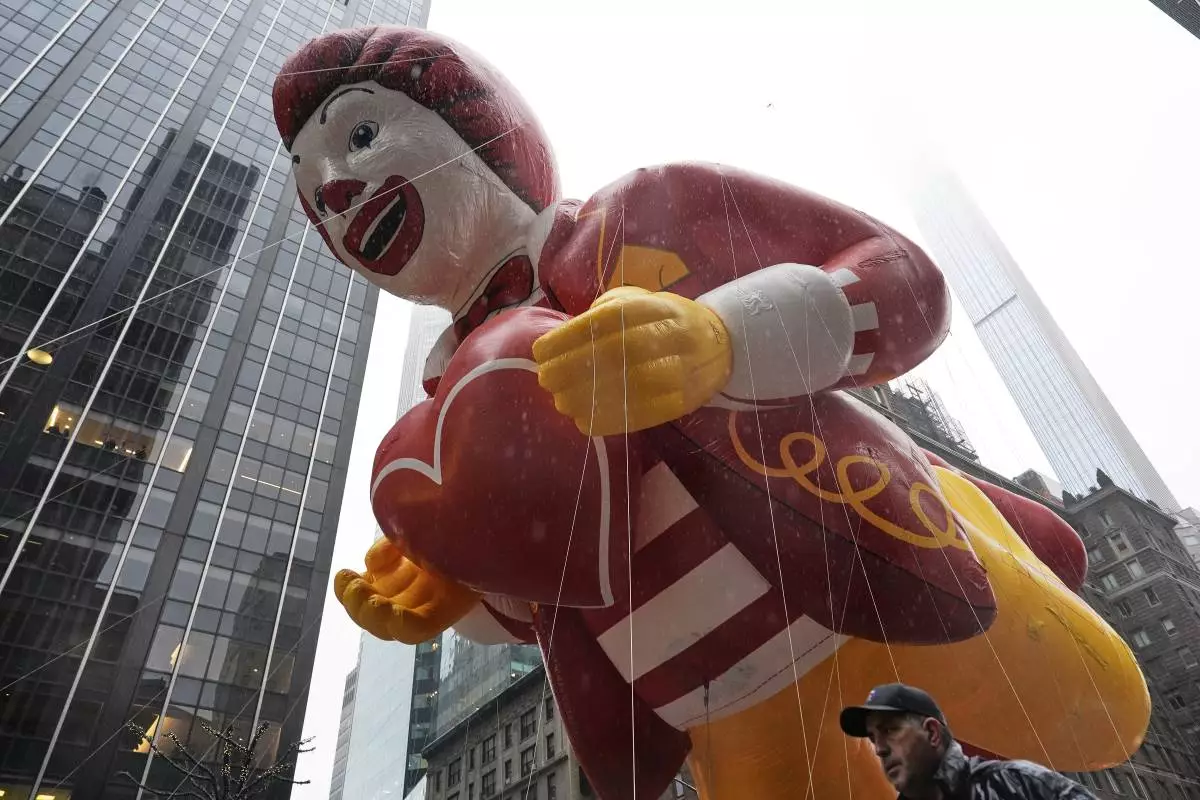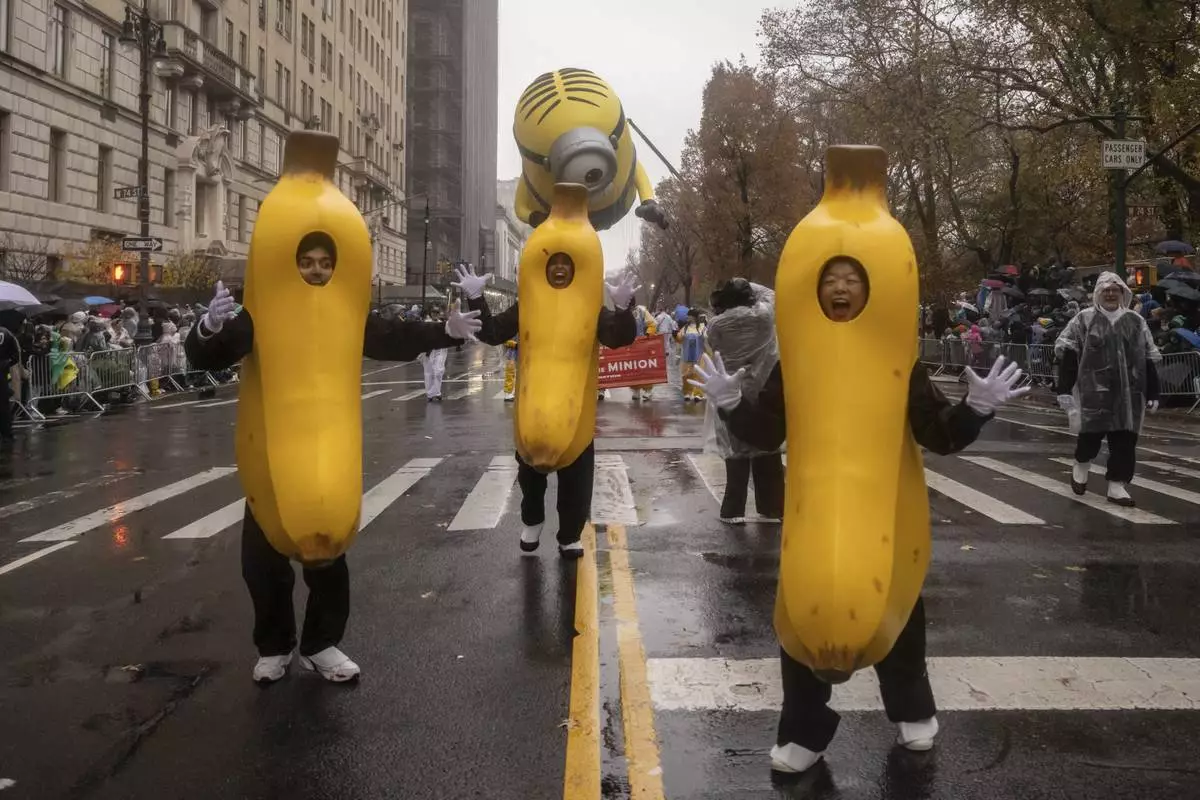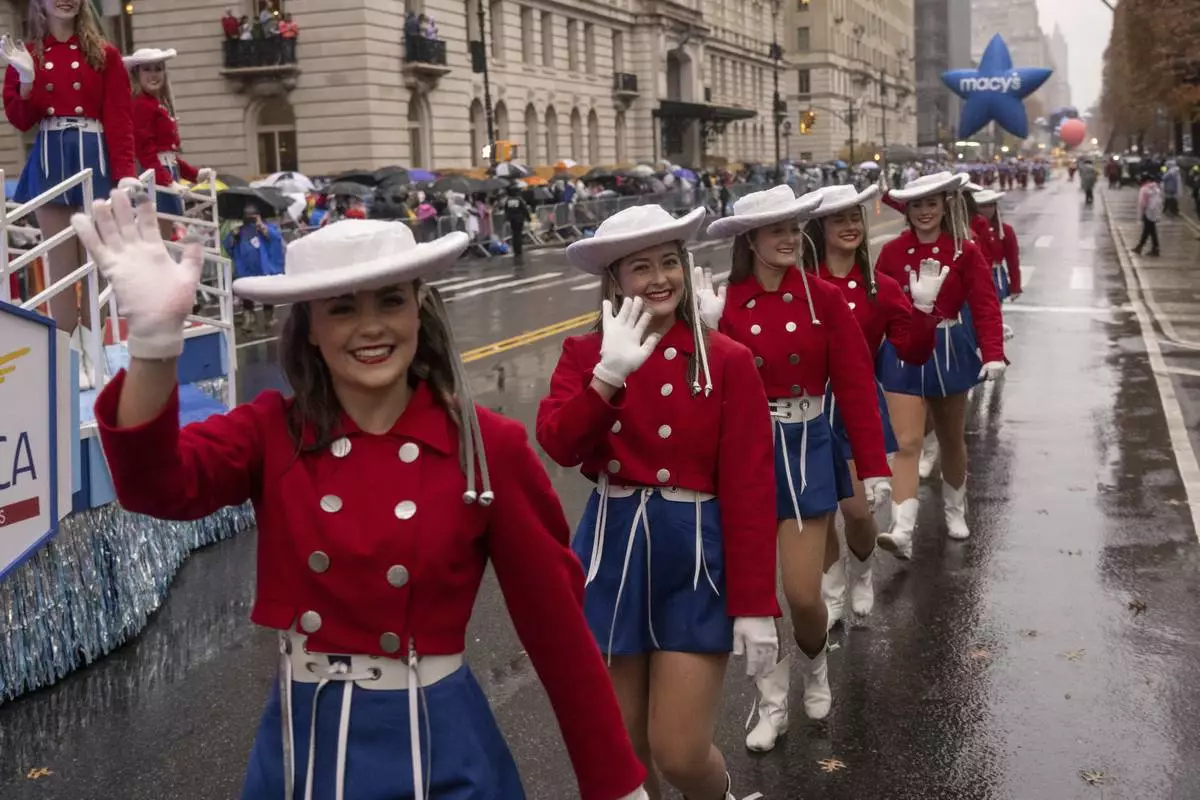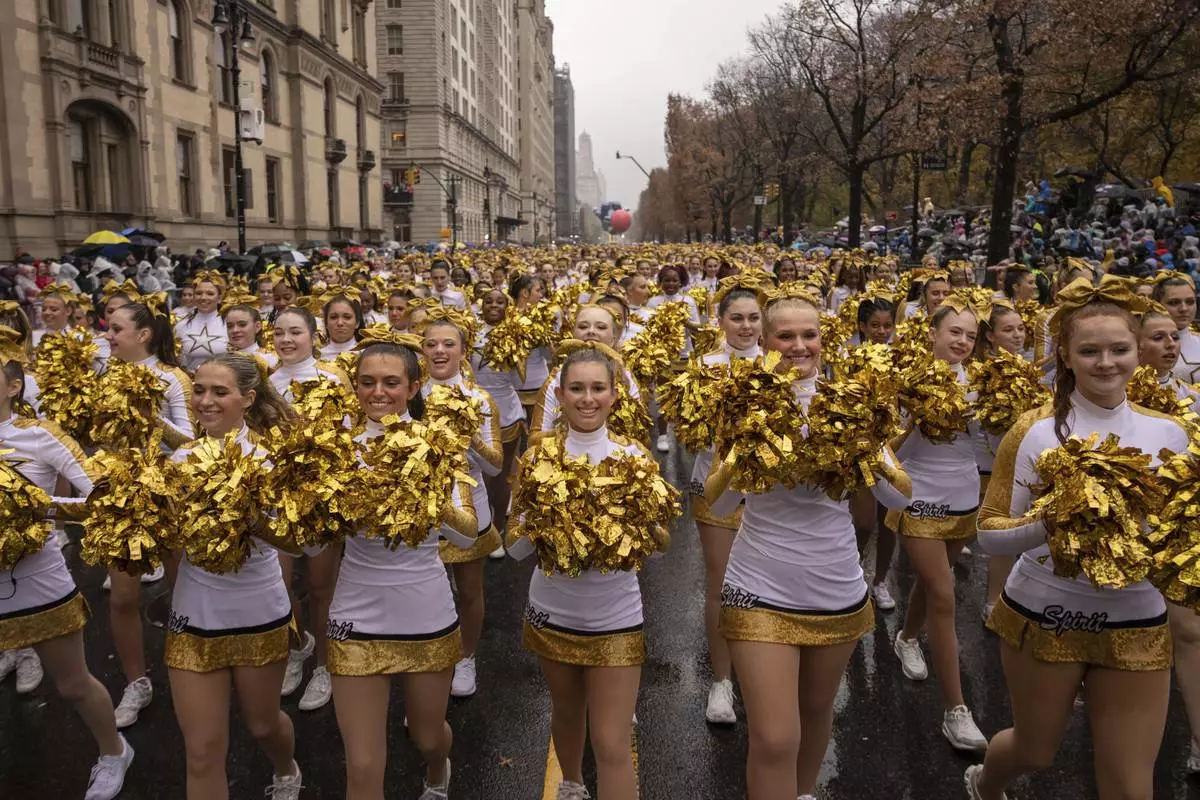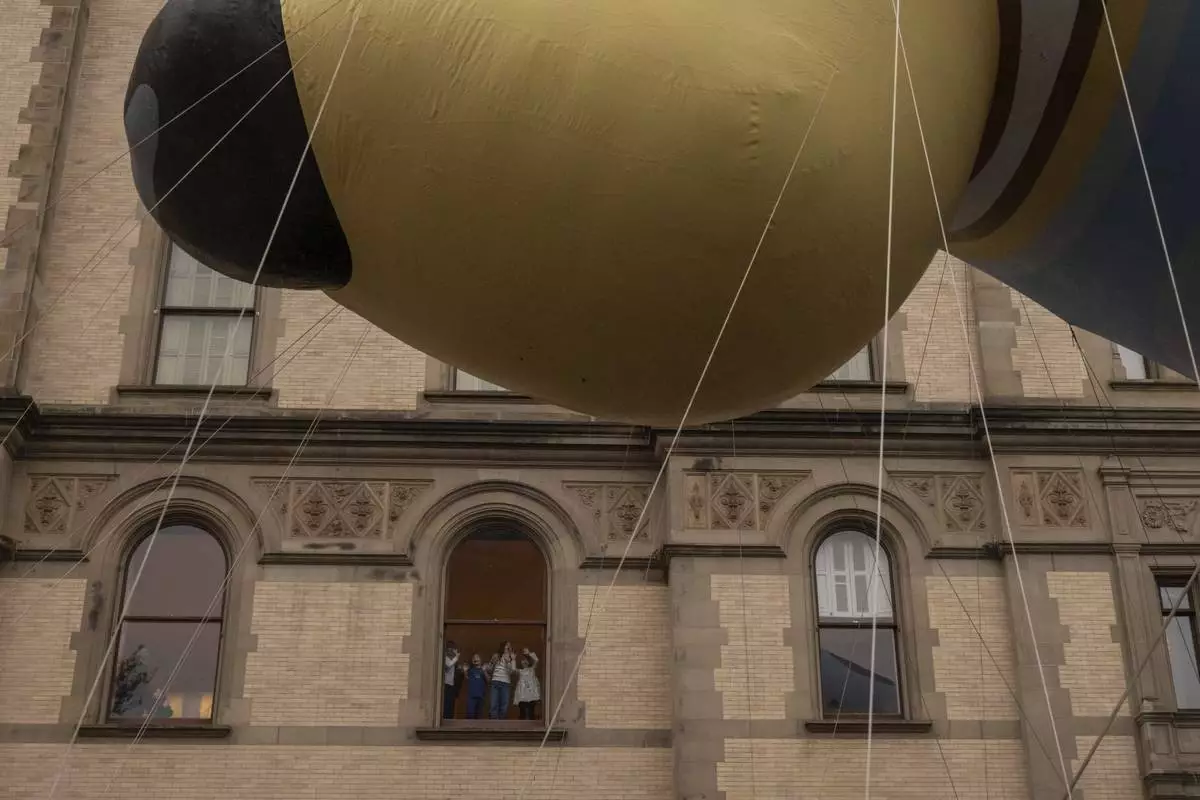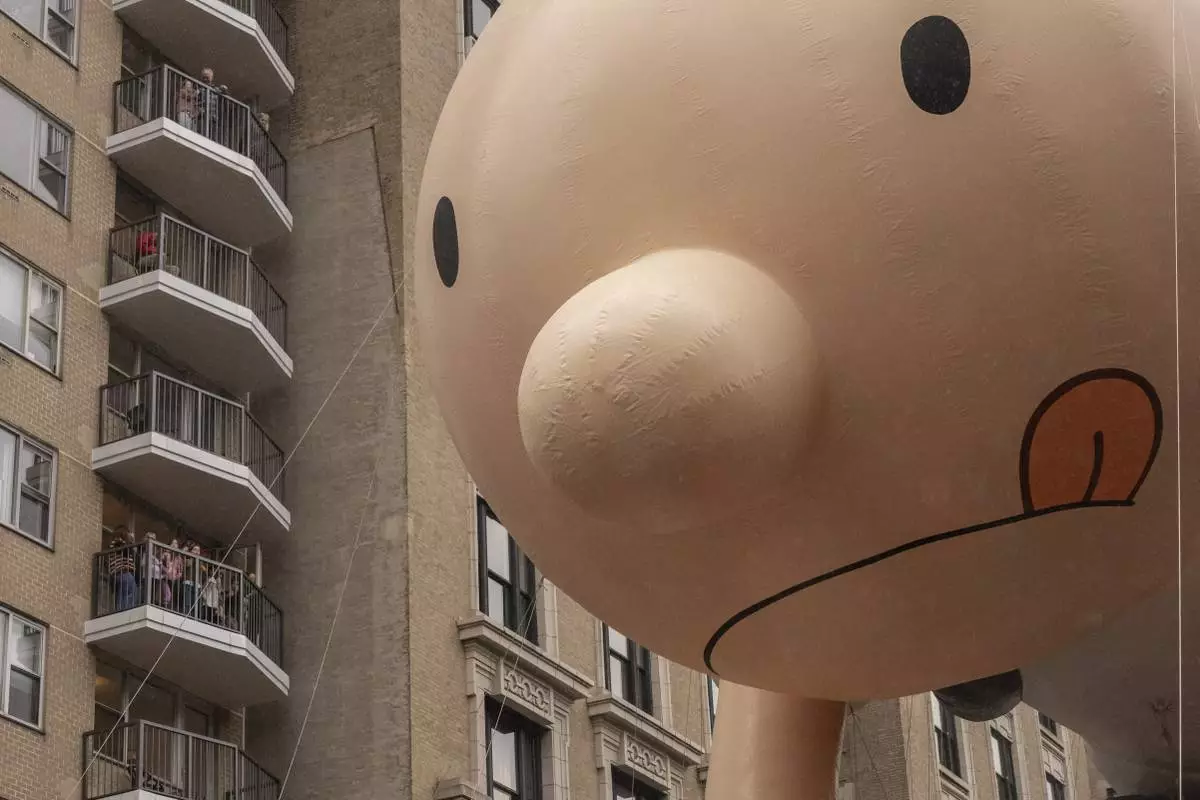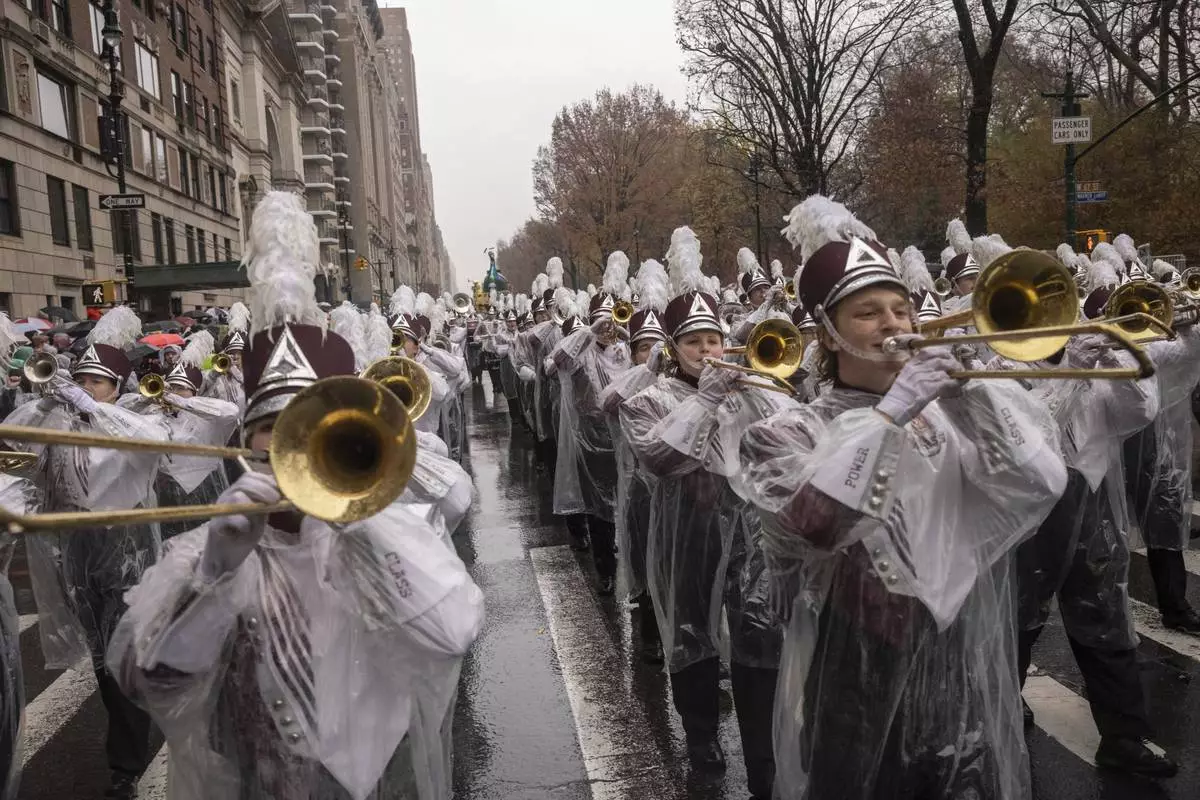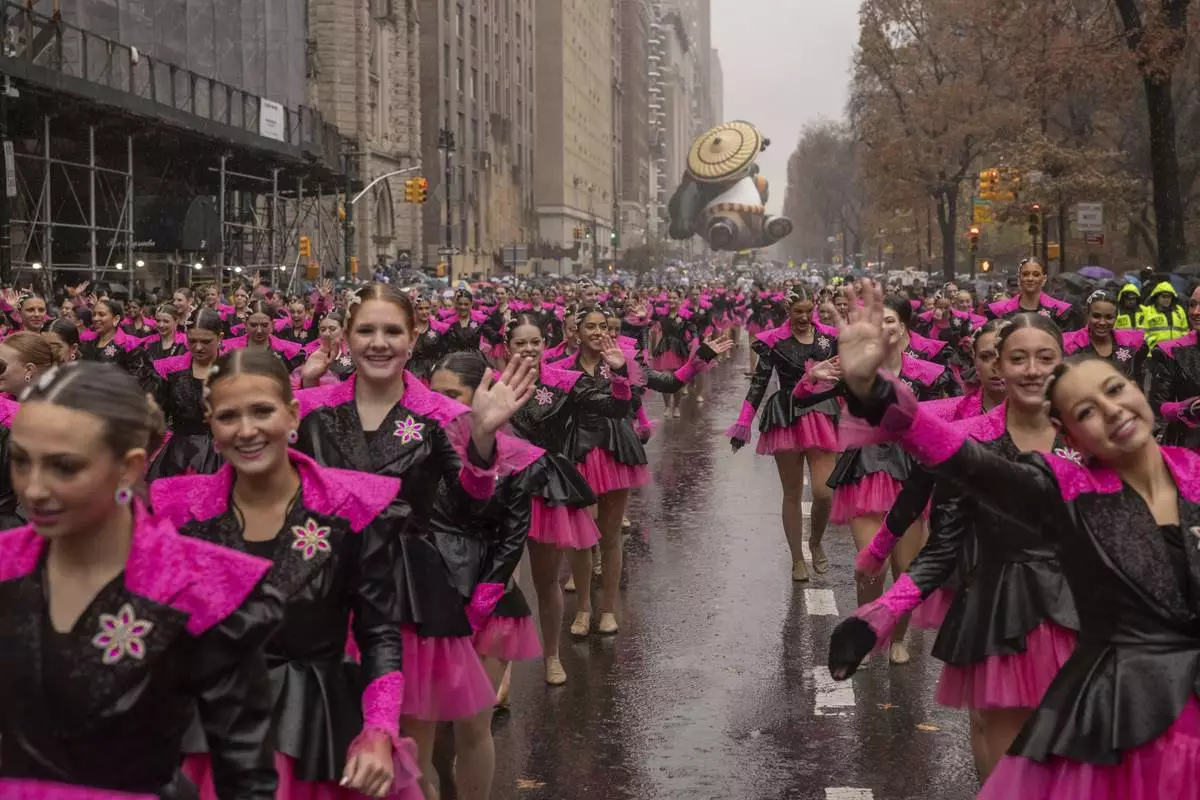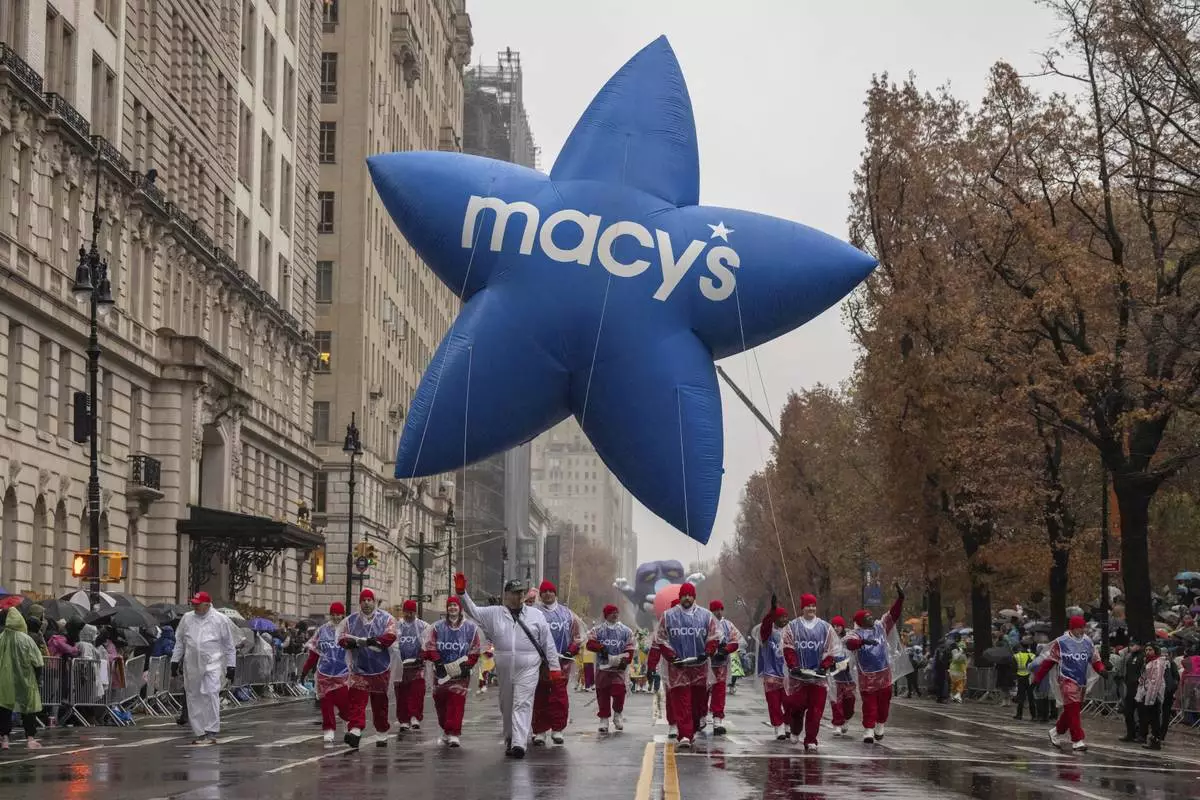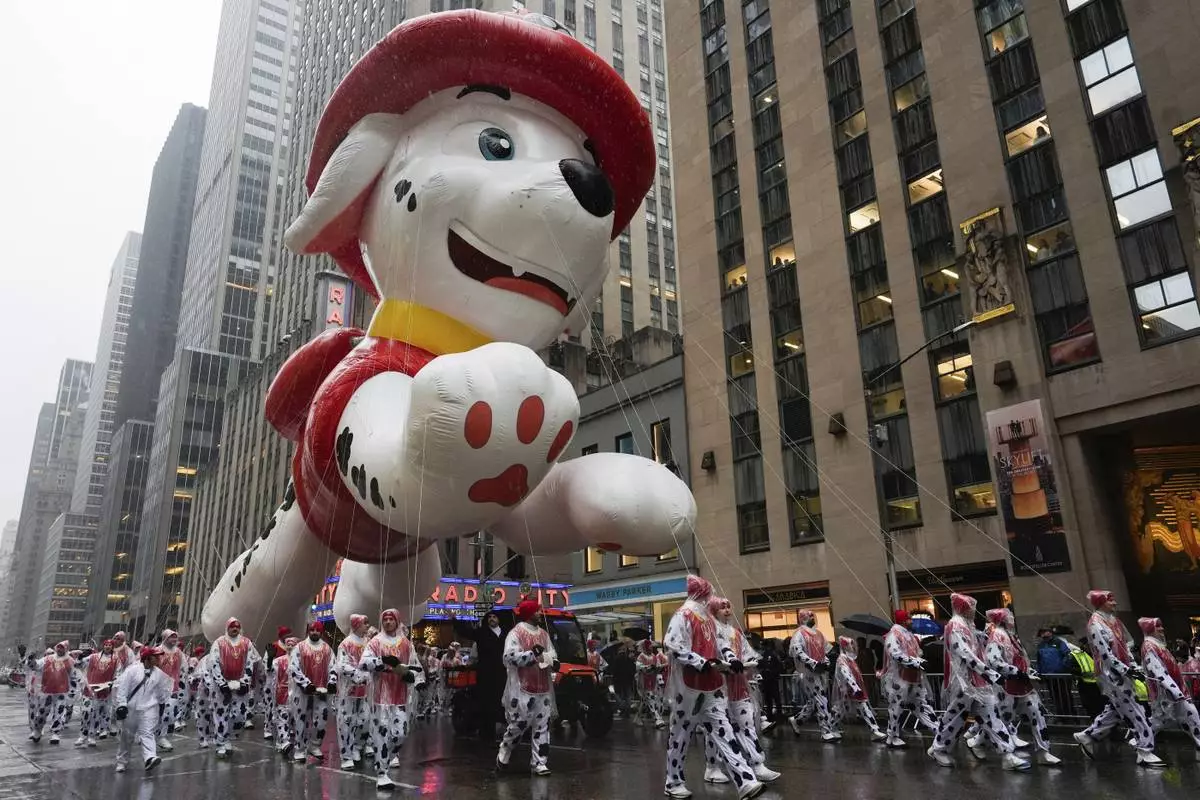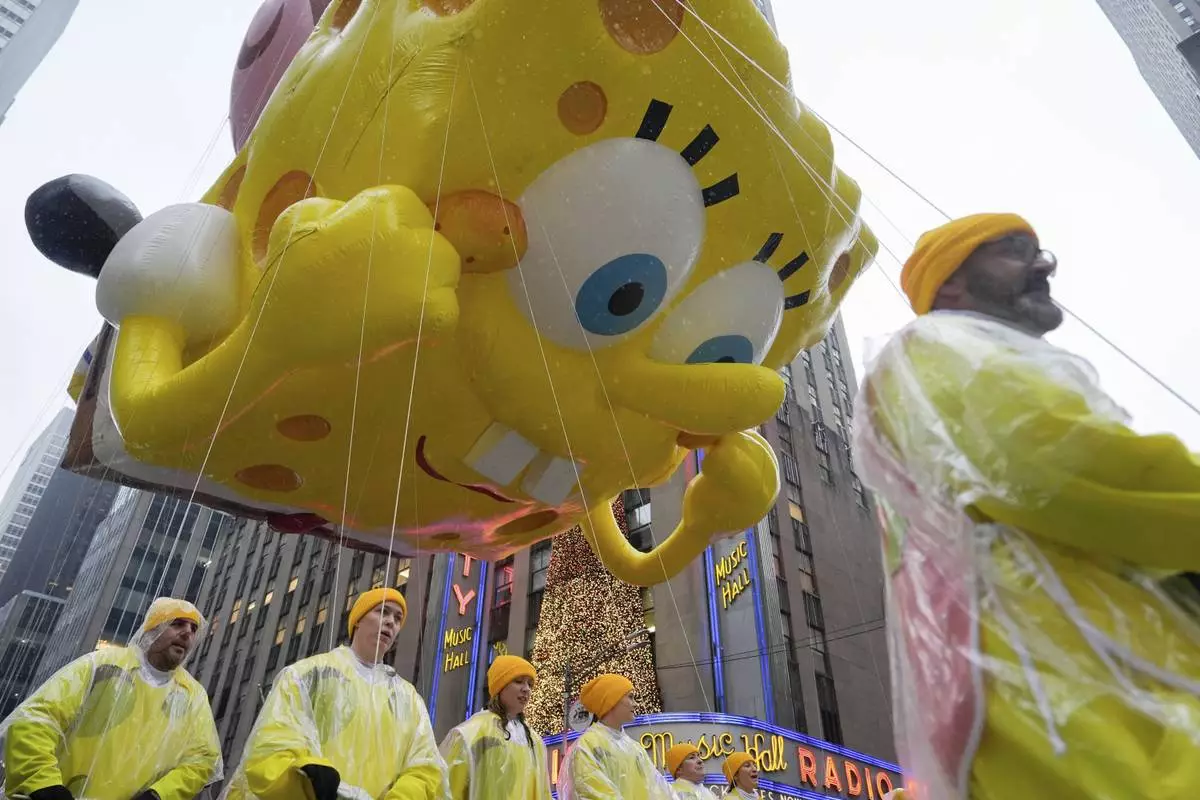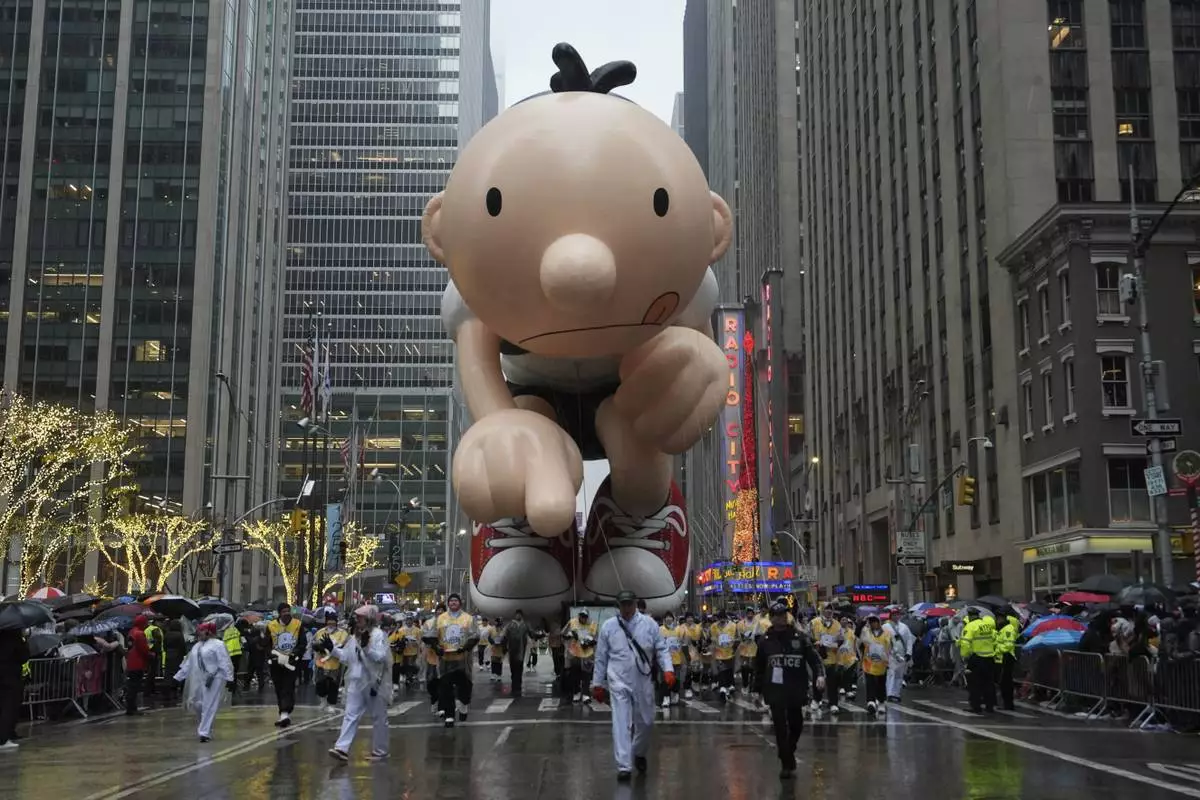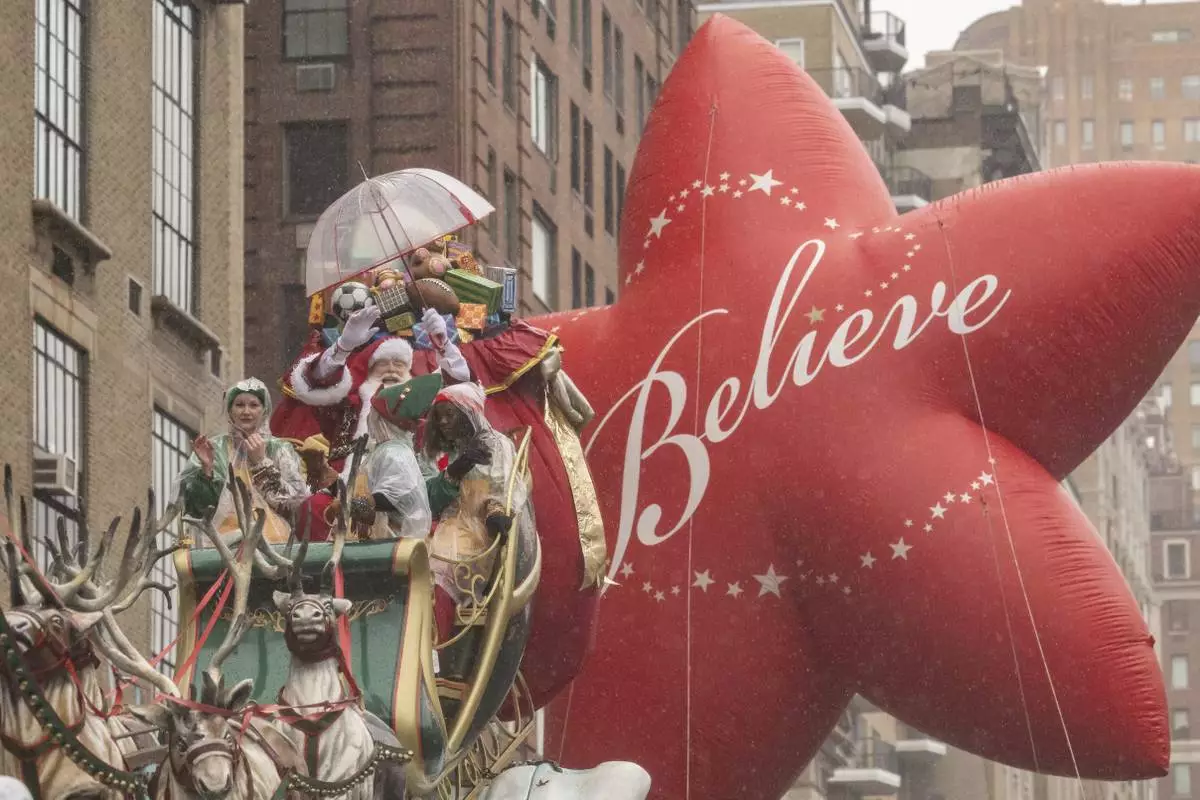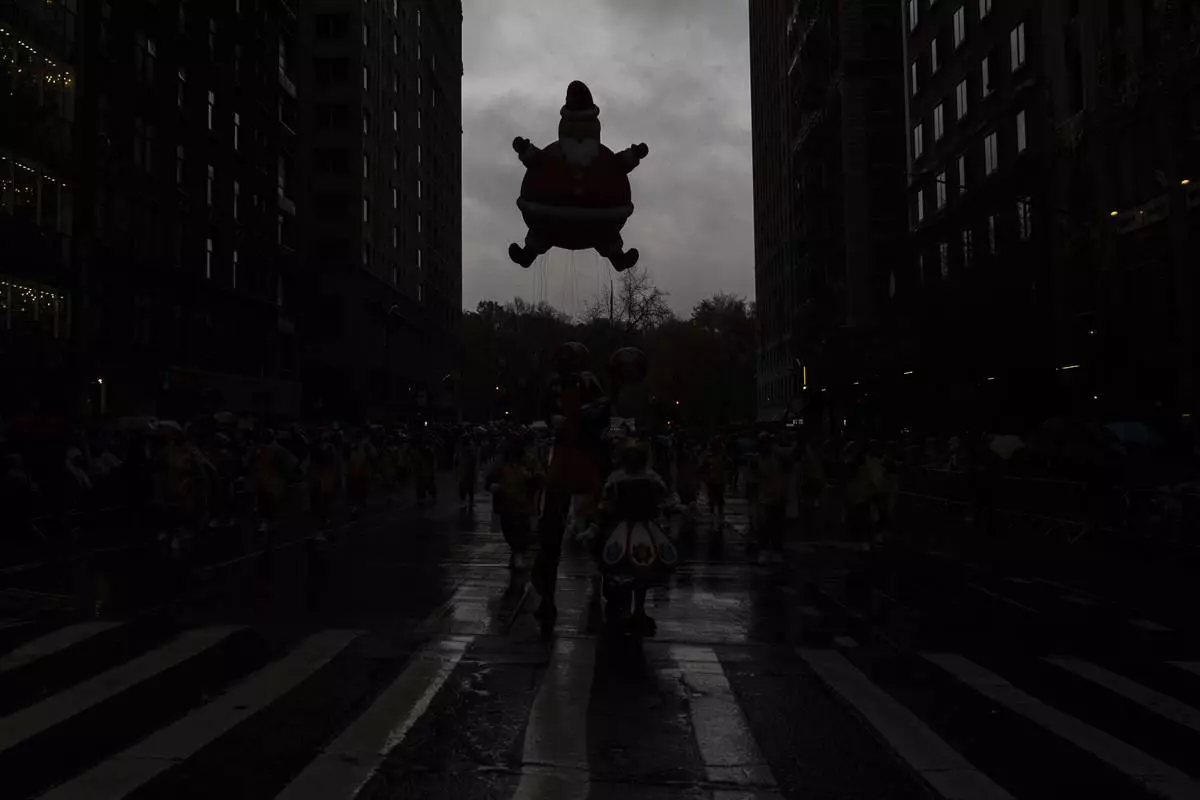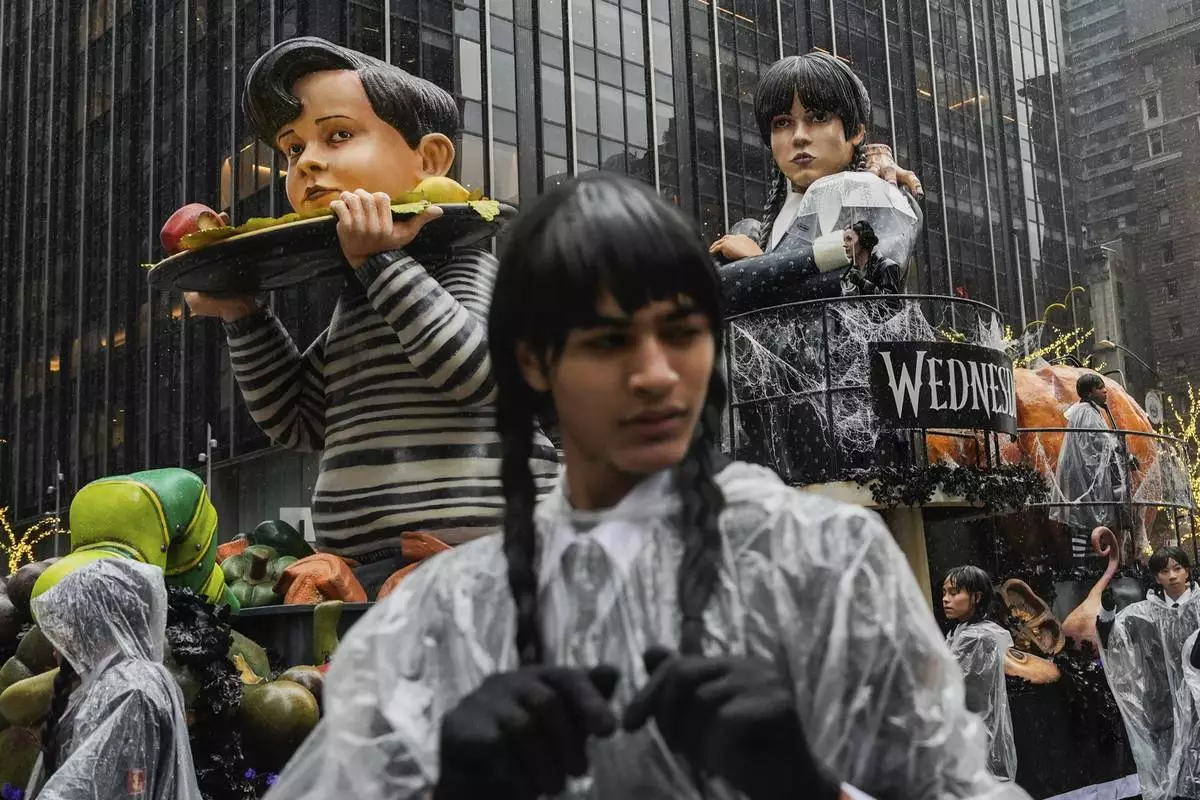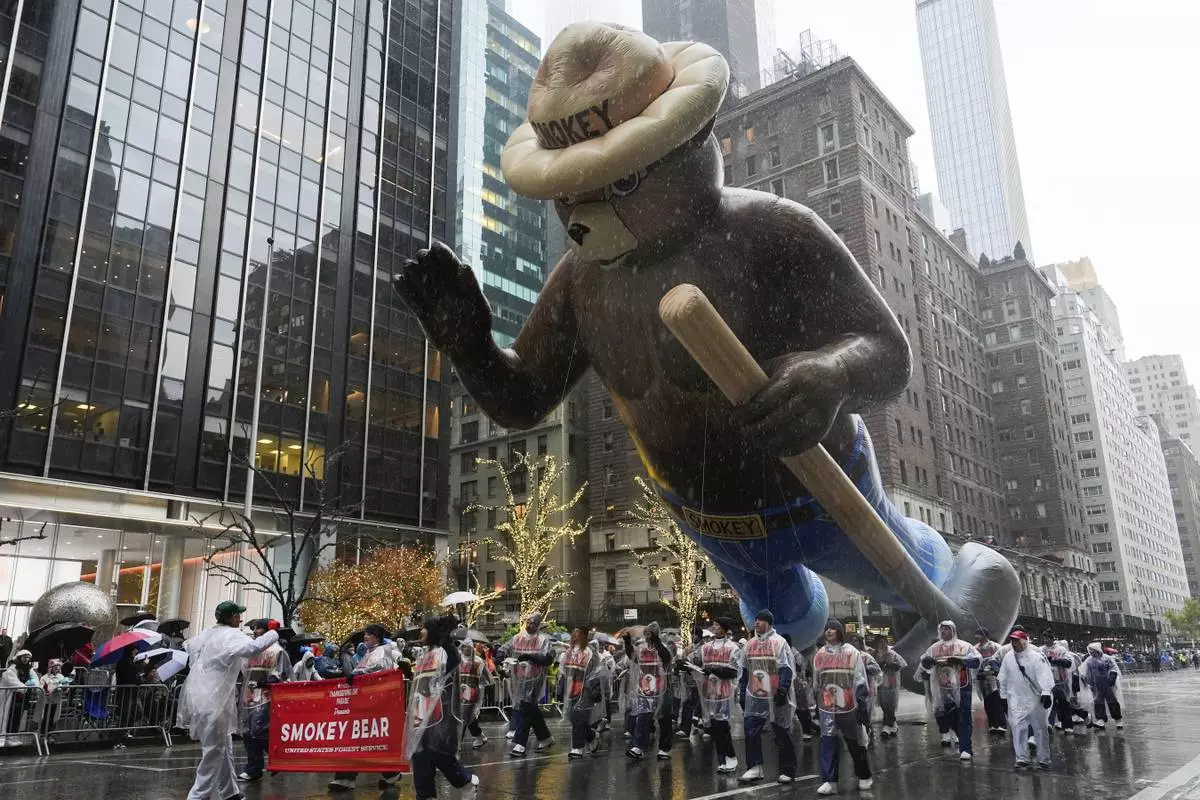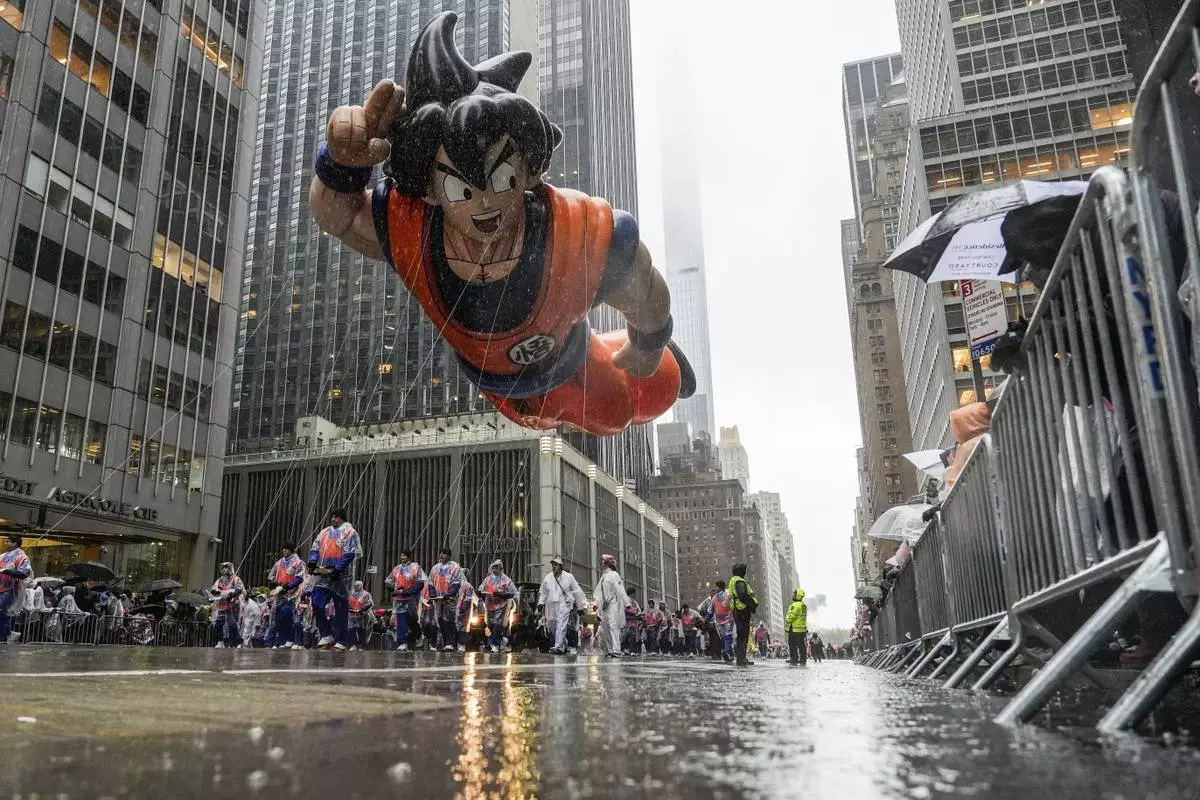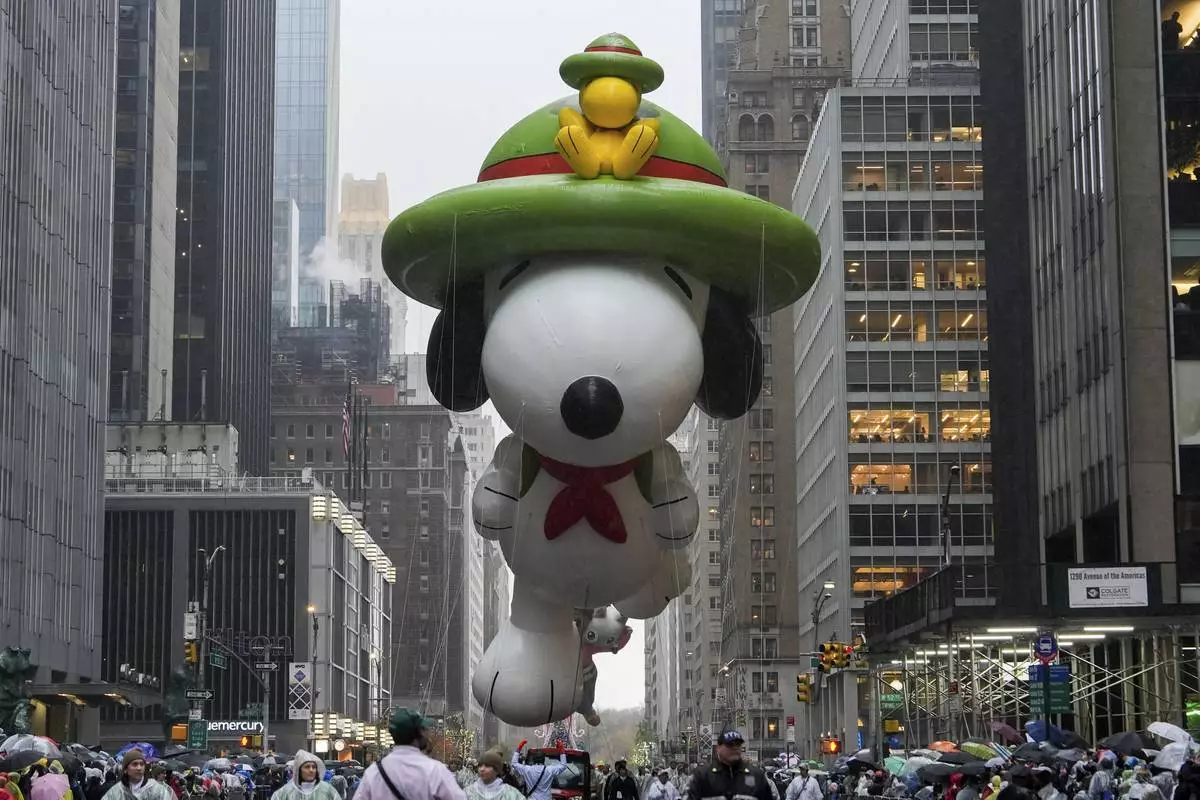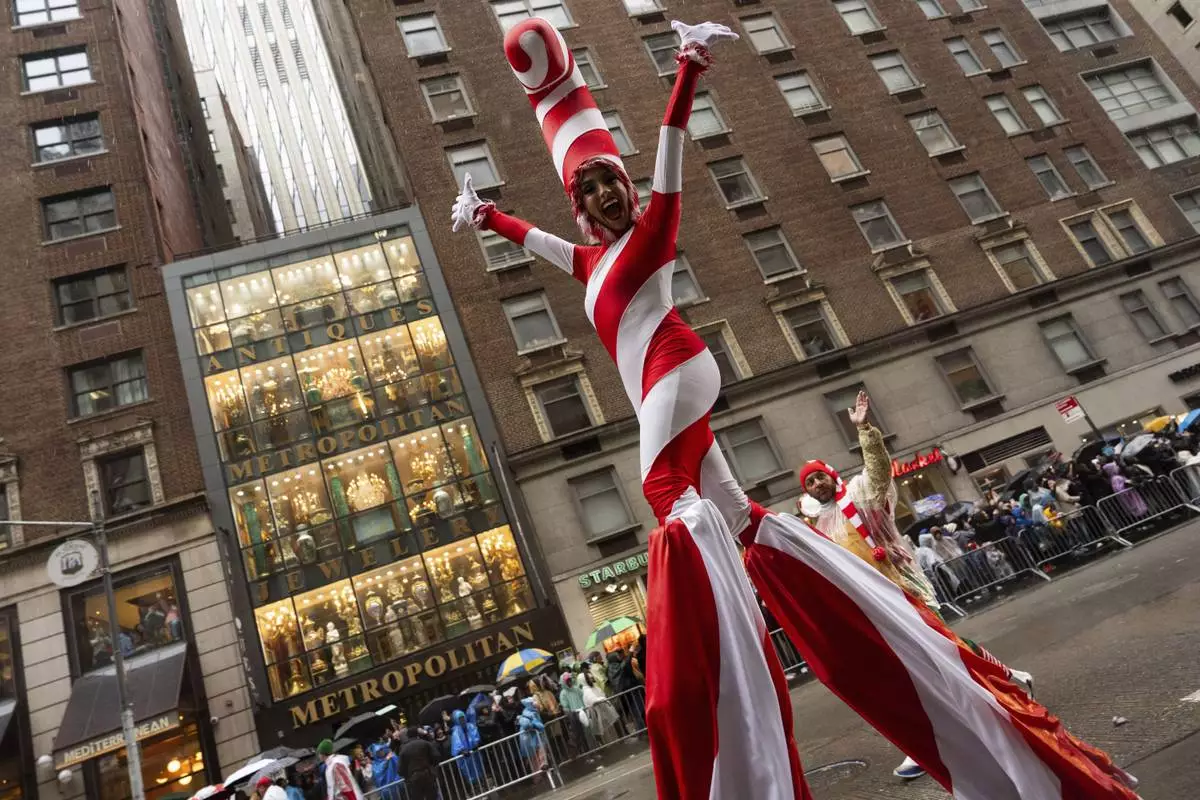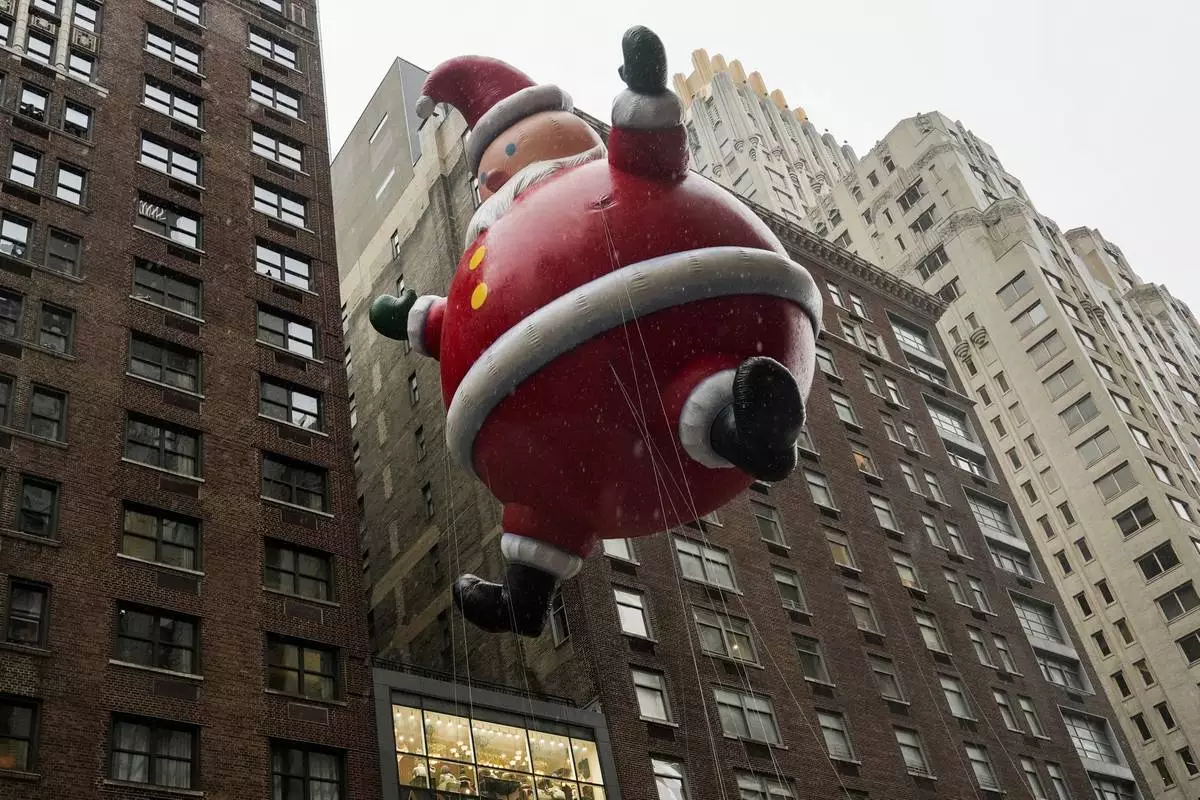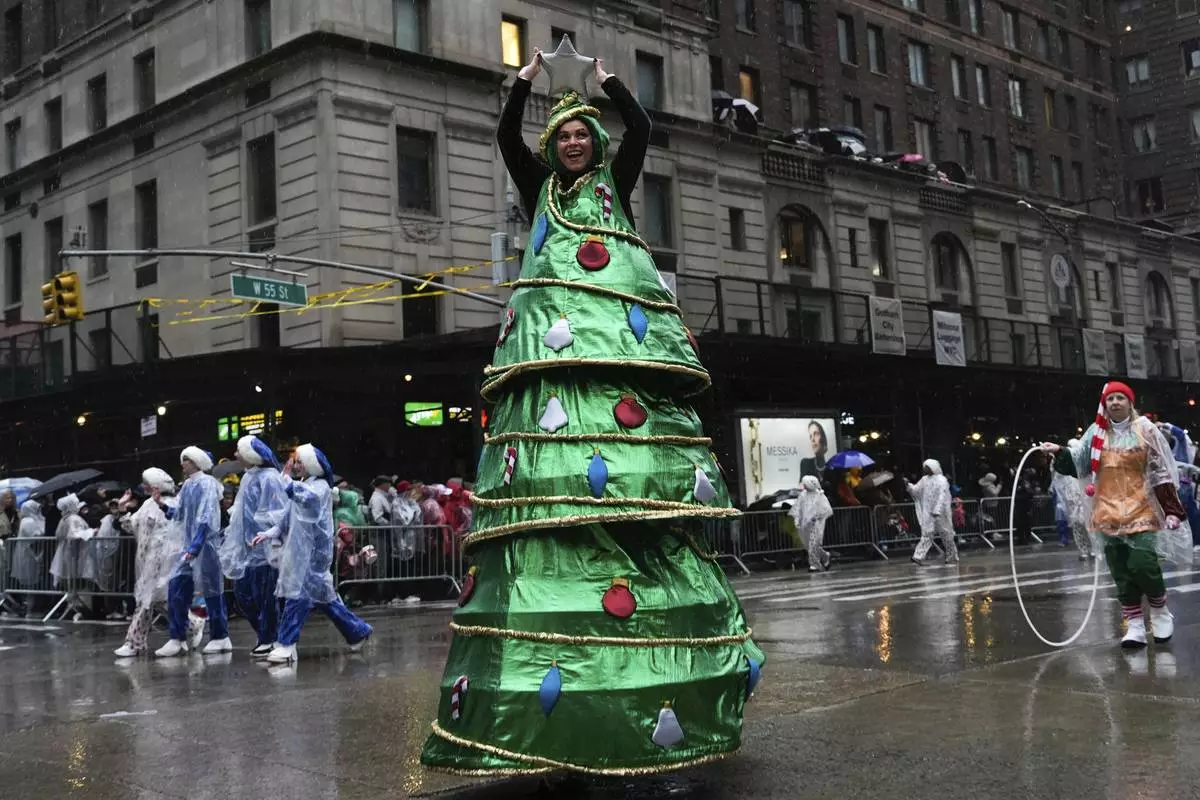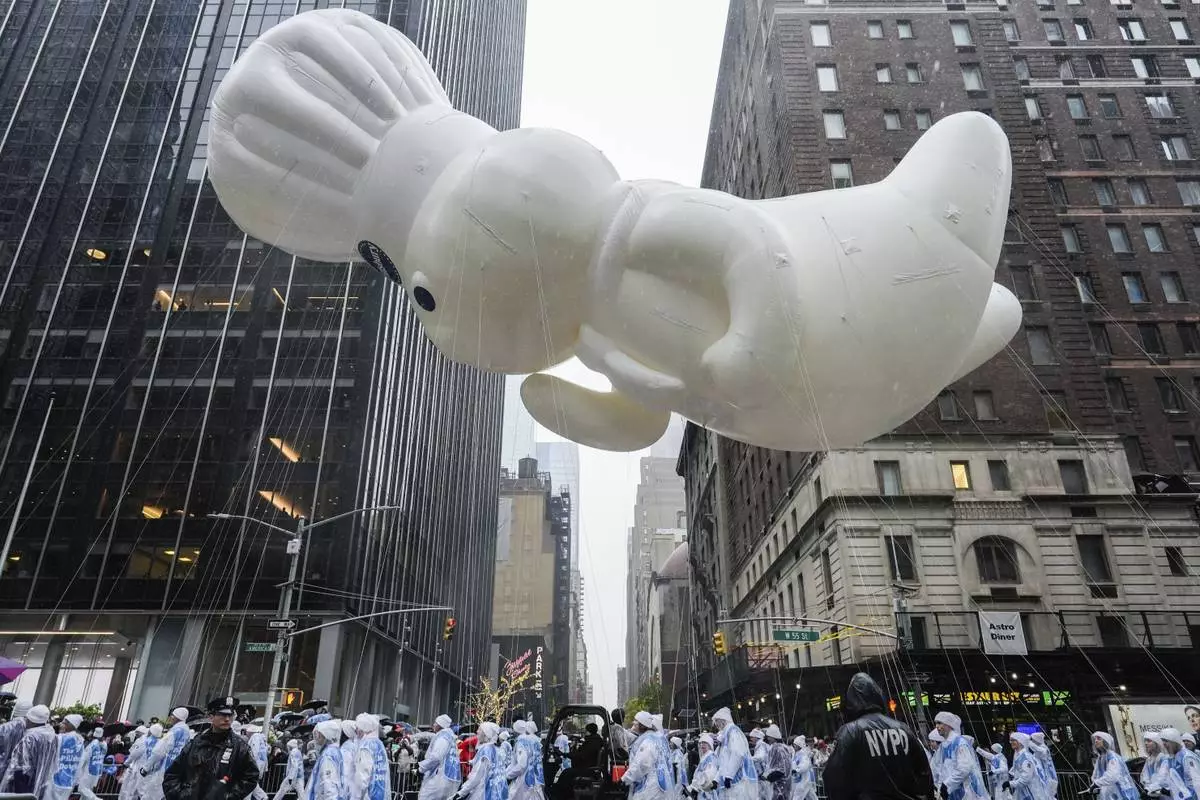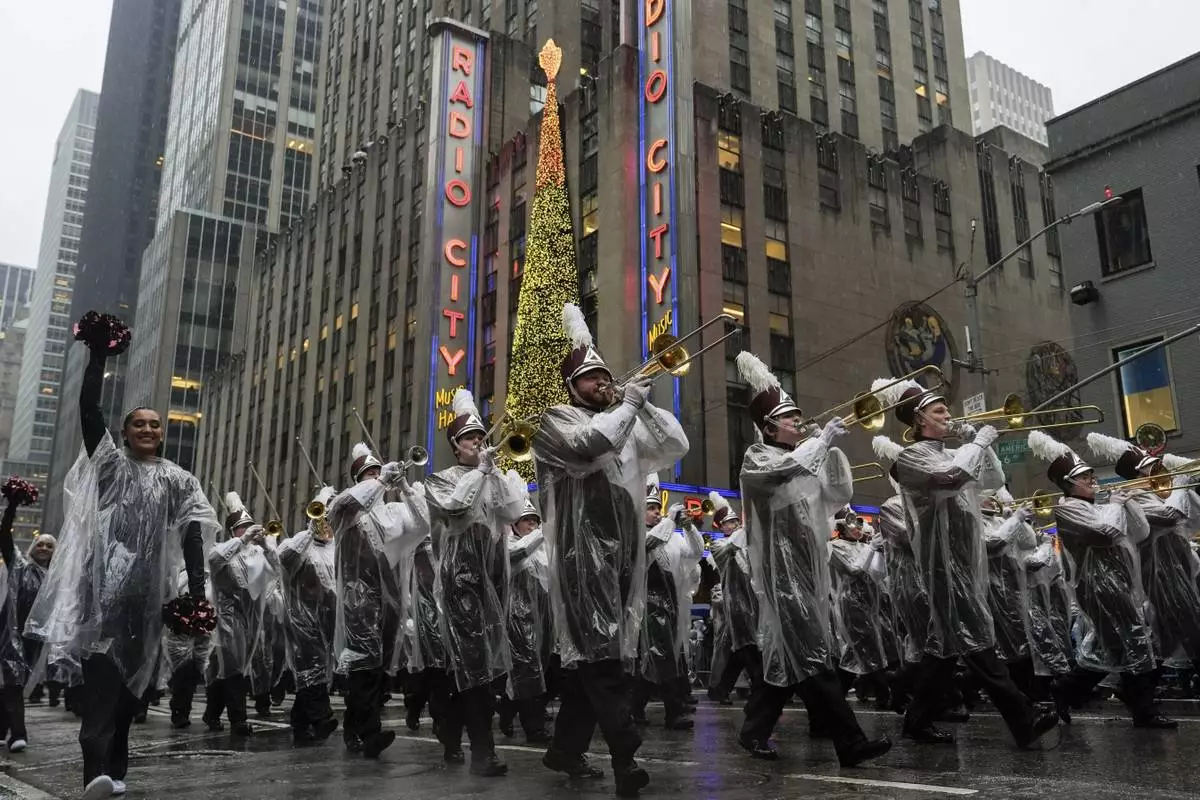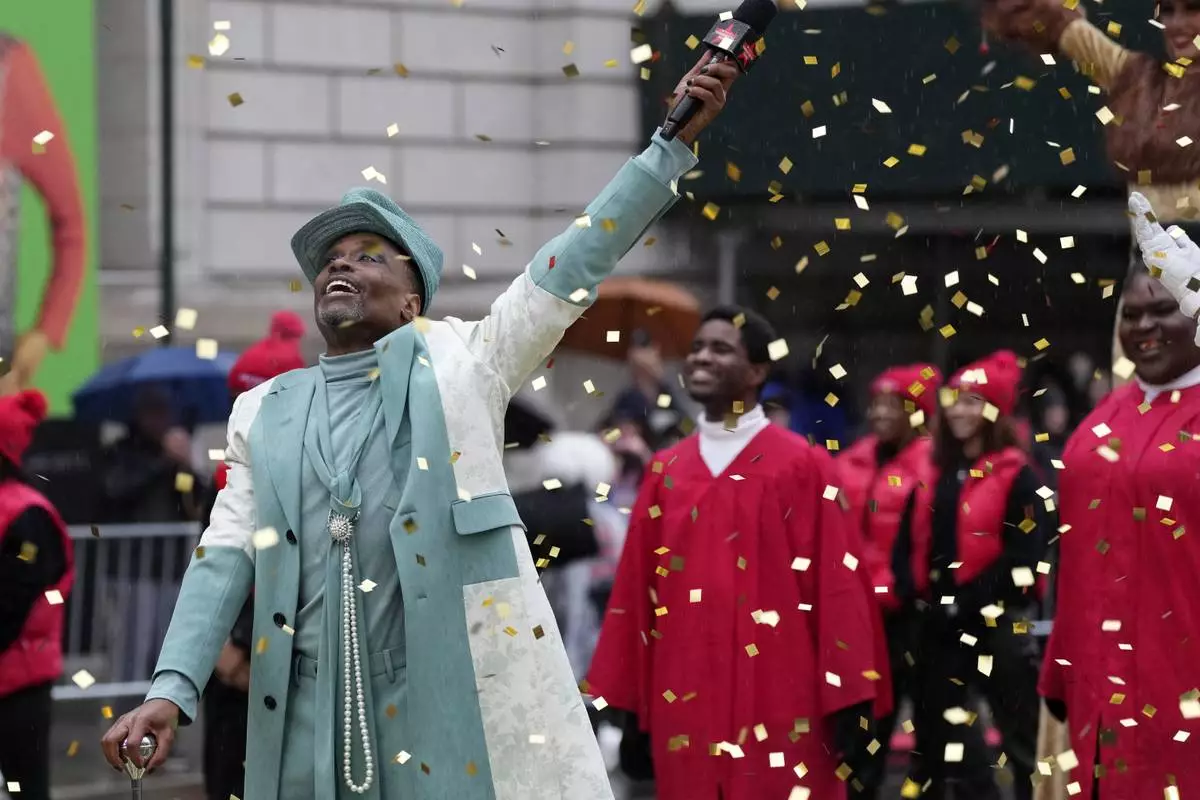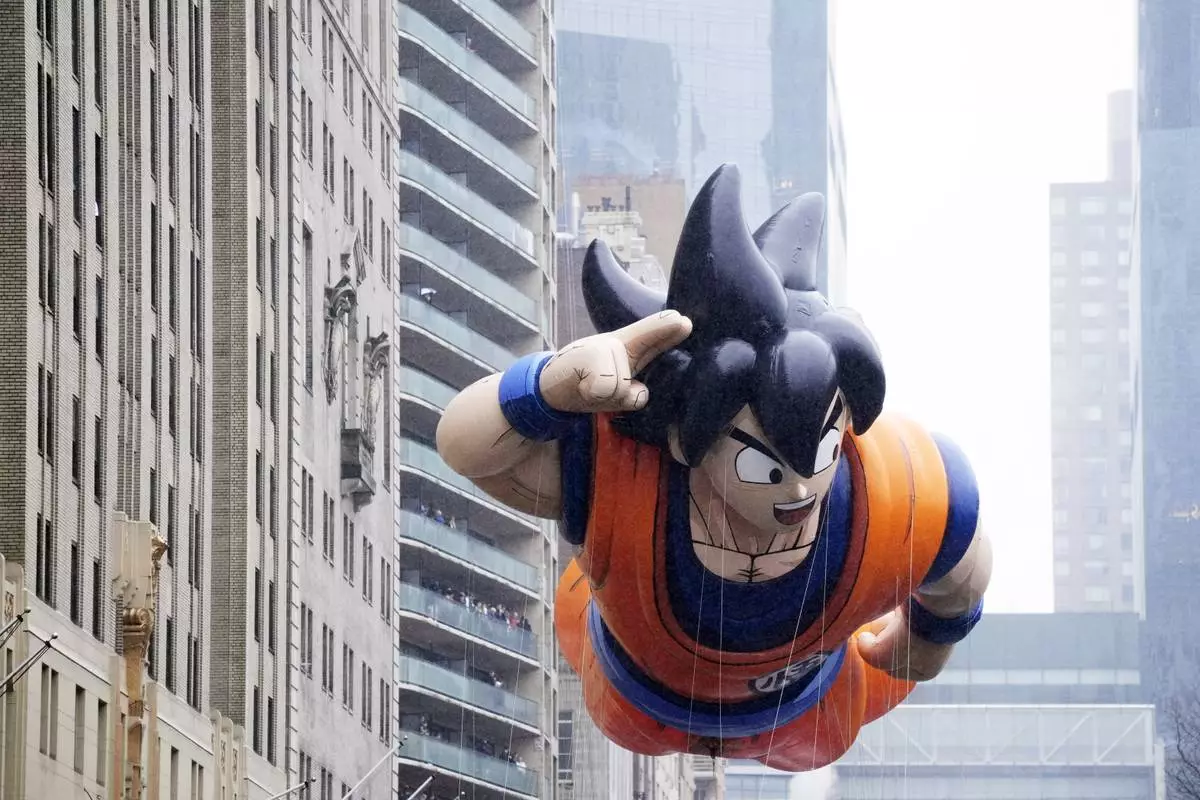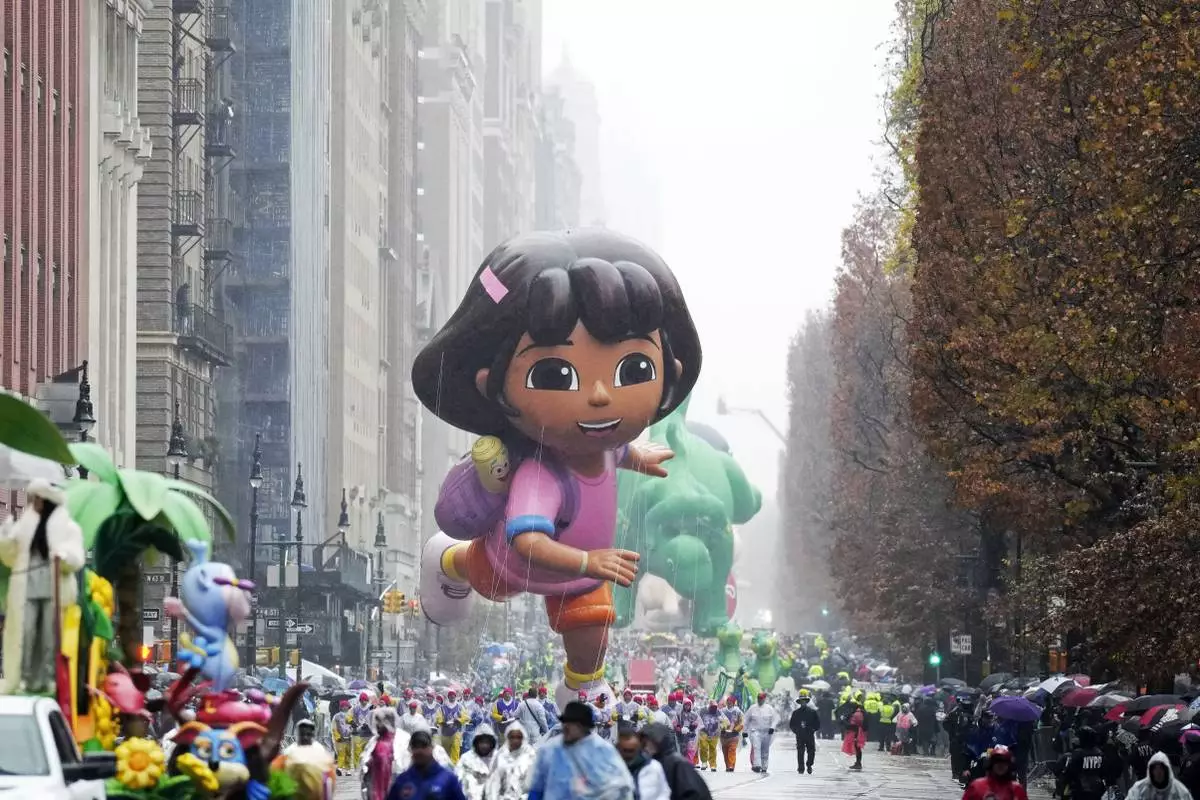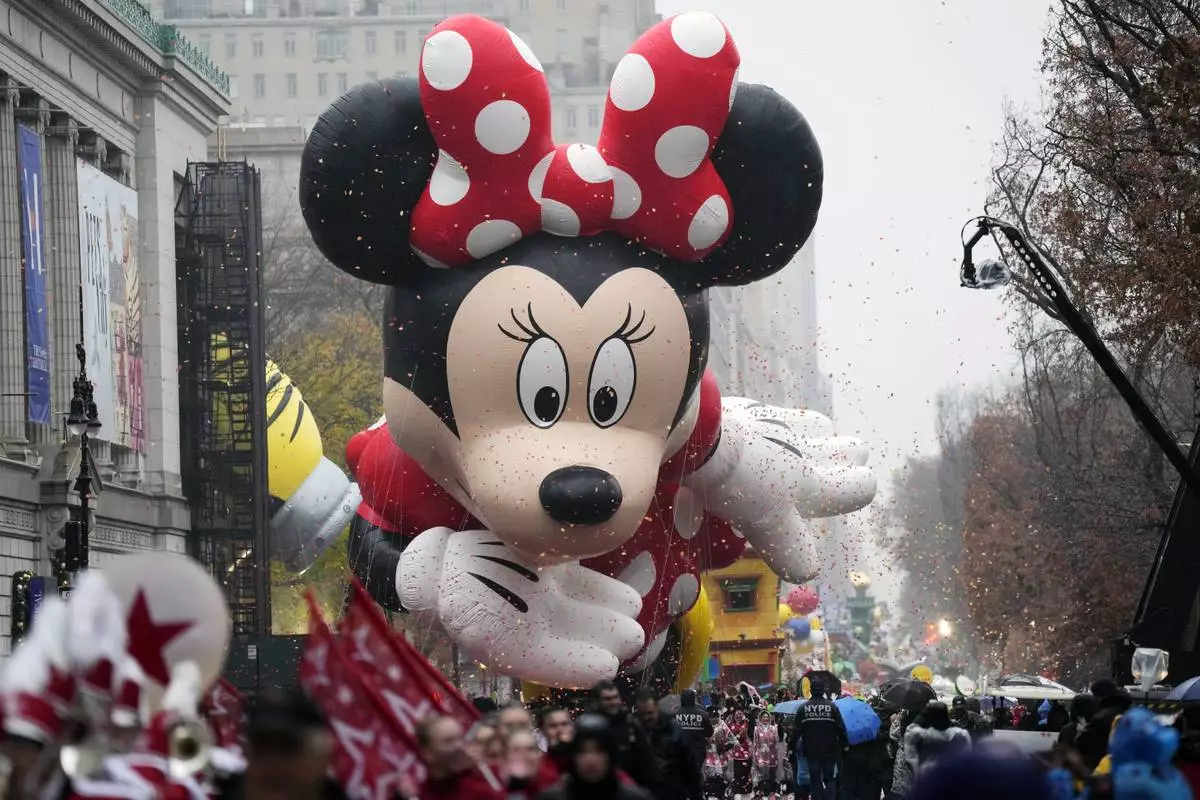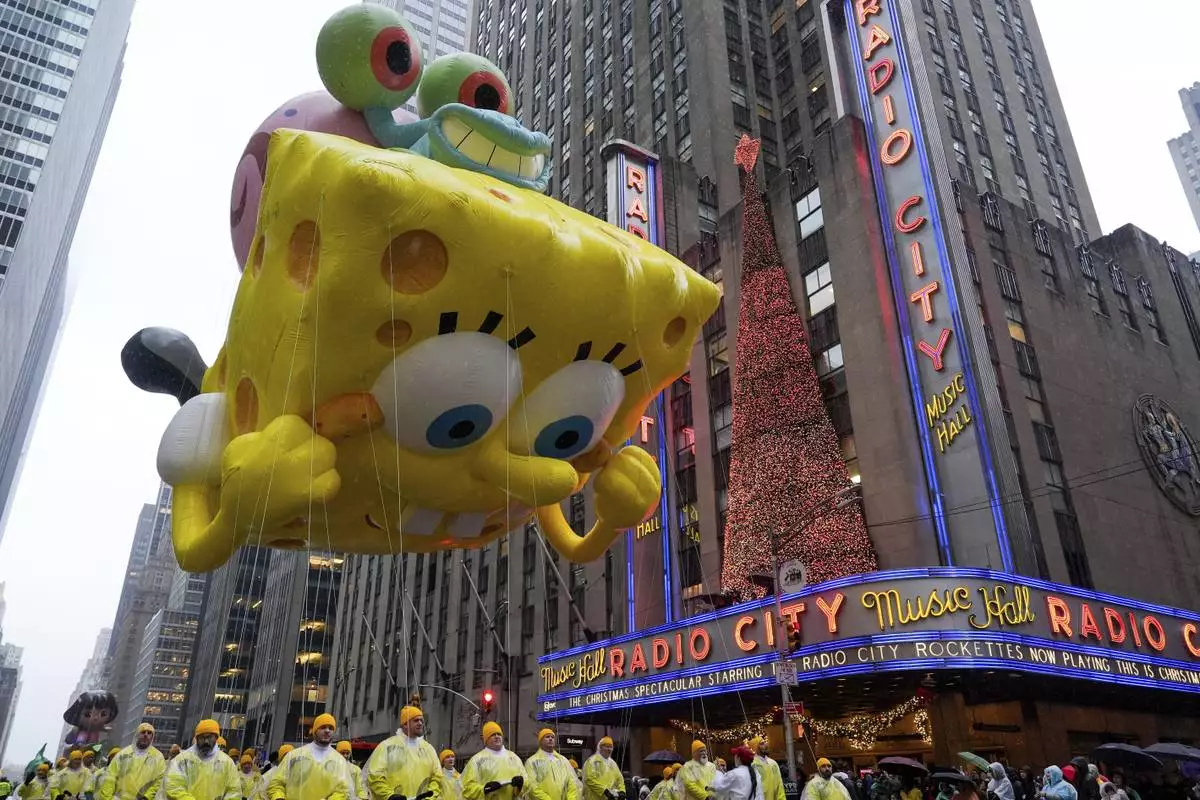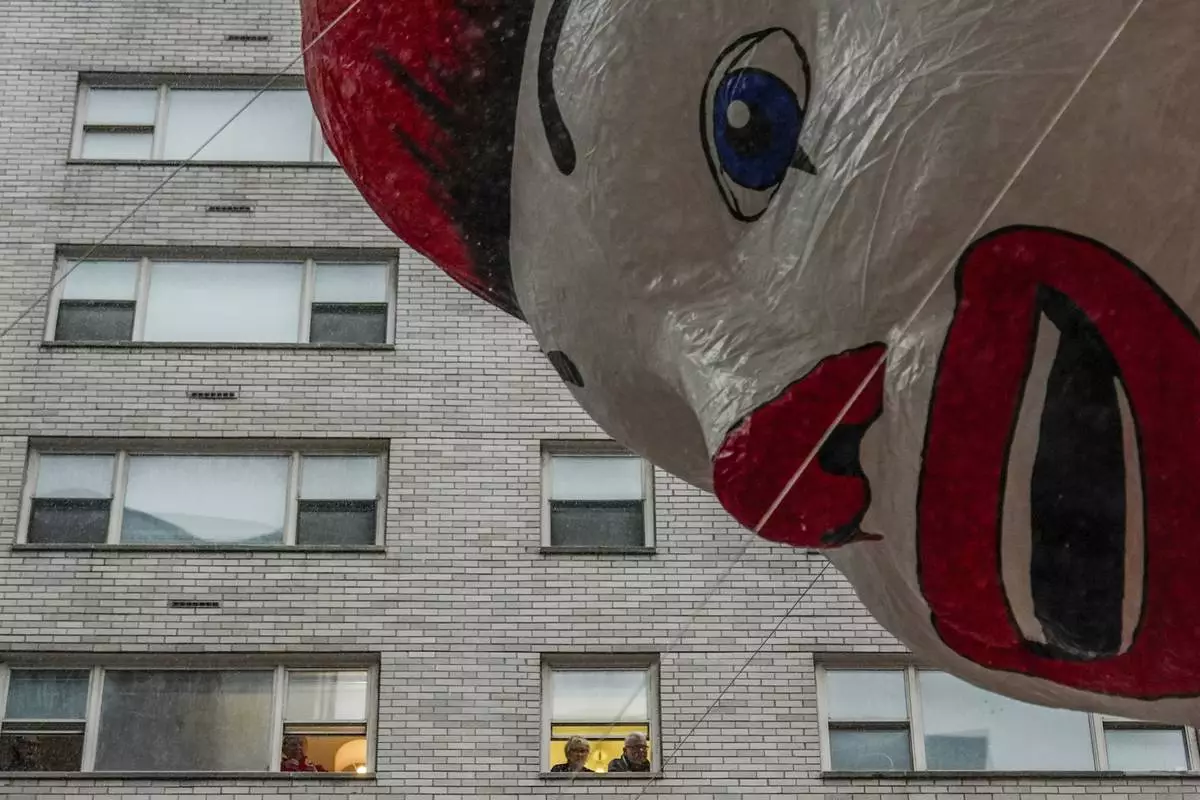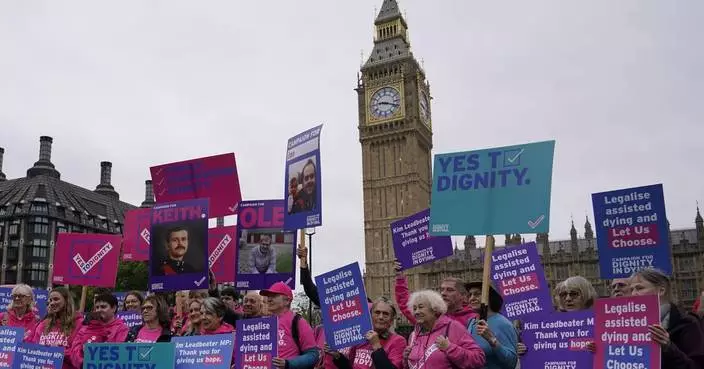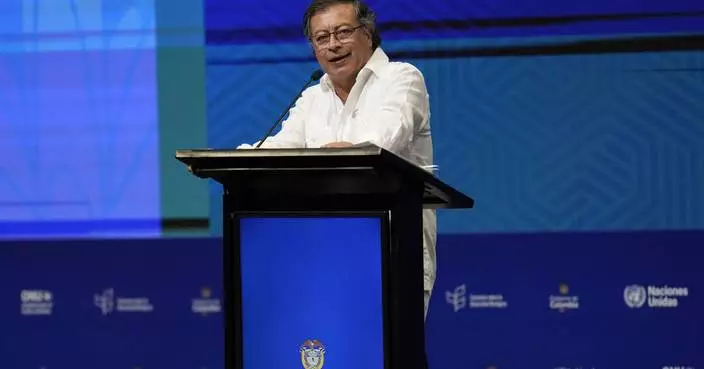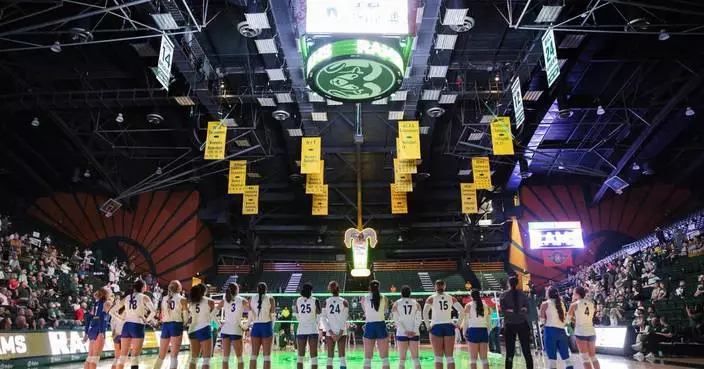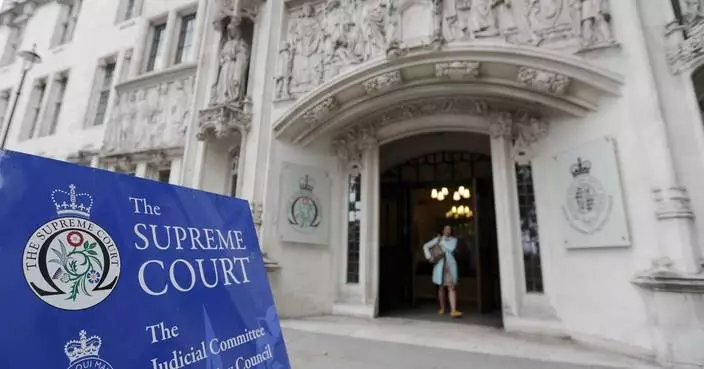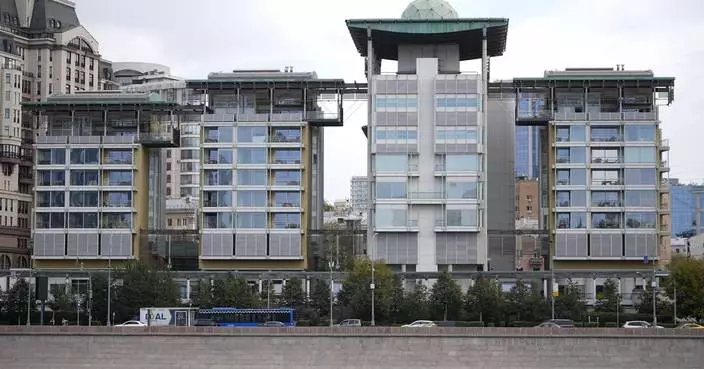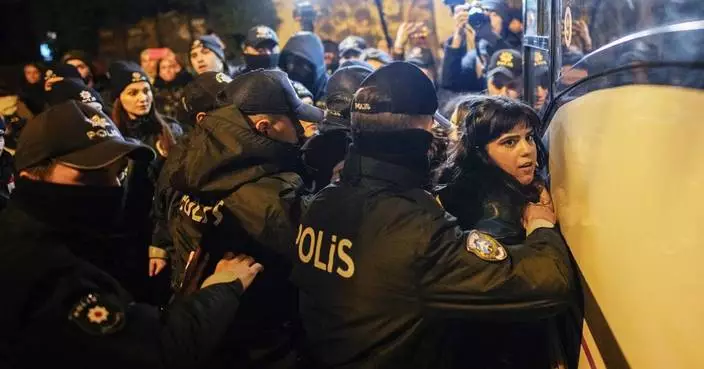The remarkable group of friends have all been to the brink of death and survived – thanks to lifesaving lung transplants.
Beaming at the camera as they share a bottle of Prosecco, this group of women just look like regular friends, swapping stories and catching up.
But behind the photo lies a poignant secret – an unbreakable bond forged after all seven of them had lifesaving lung transplants.
All born with cystic fibrosis, George Compton, 28, Ashley Harris Moore, 36, Libby Clare, 22, Holly van Geffen, 26, Sharon Brennan, 37, Charlotte Davies, 24 and Josie Stewart, 25, have had their lives saved by the kindness of anonymous donors.
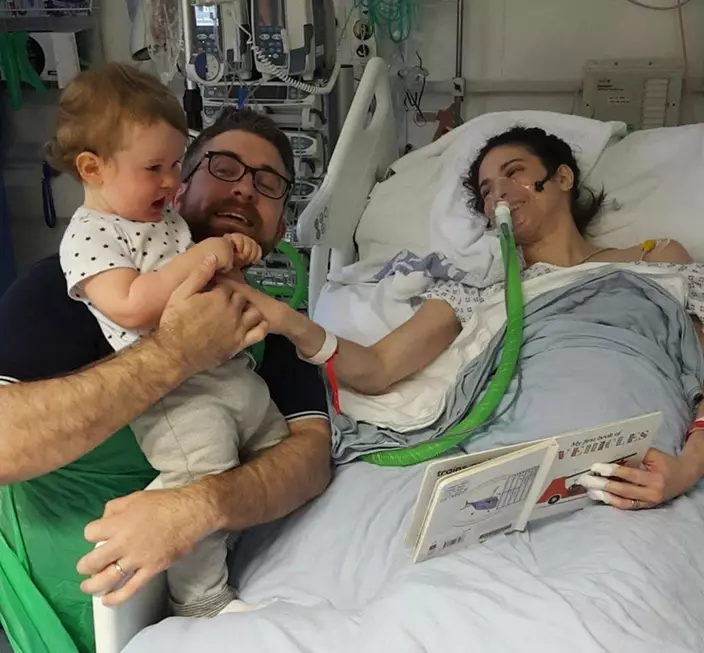
Ashley reading Emerson a story in hospital (PA Real Life/Collect)
After being diagnosed with the genetic condition – which sees the lungs become clogged with sticky mucus, making it difficult to breathe – as youngsters, they all enjoyed at least a few years of good health before declining to the point where they needed new organs.
“You try to battle on as best you can and not let your condition hold you back,” said Holly, of Leicester. “But there does come a point where you see all your peers growing up, becoming more independent and doing all these adult things, while you feel as if you’re regressing.”
Although each woman had the support of family and friends, they found that speaking to somebody who really understood what it was like to weather the emotional storm of waiting for a transplant an invaluable help.
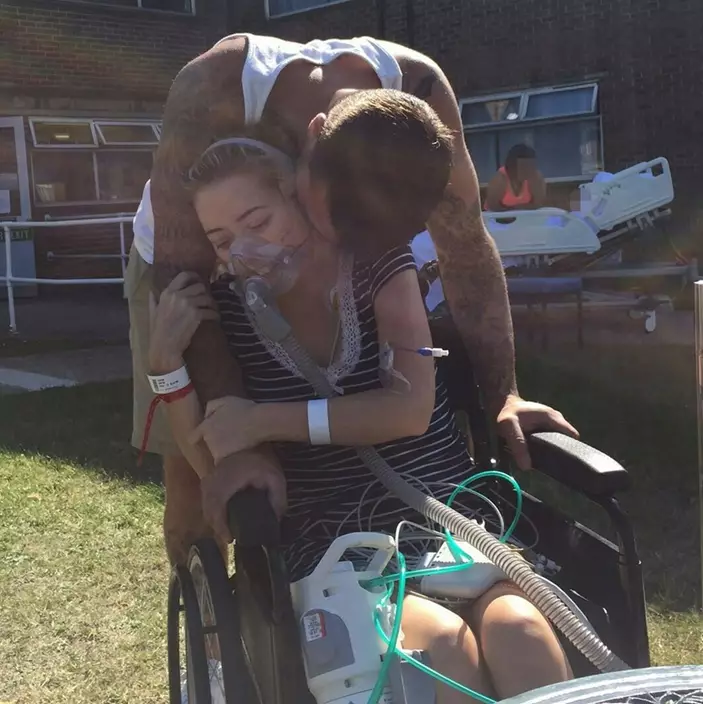
George with her husband Lee as she waited for a transplant in July 2015 (PA Real Life/Collect)
Over time, they all found each other through a Facebook support page, eventually setting up a WhatsApp group called ‘transplant girls,’ where they could talk openly and honestly about what they were facing.
But, due to strict cross-infection rules regarding certain strains of bacteria, cystic fibrosis patients are usually advised not to meet up in person until after they have had a transplant.
So, for years, their touching friendship existed only in the digital world, where they would speak every week through their group chat or share stories on Facebook about the challenges of a life with cystic fibrosis, which affects 10,400 people in the UK.
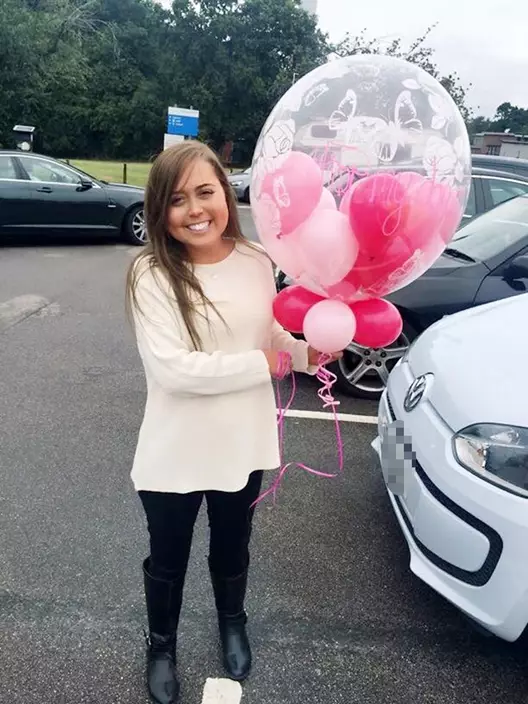
George on the one year anniversary of her transplant (PA Real Life/Collect)
Libby, of Cambridge, who is currently working on a research paper into the psychological side of being listed for a transplant, said: “There’s no denying a transplant is incredible, but waiting for one – and even having it done – isn’t without its difficulties.
“You’re so focused on surviving that you don’t think about what life will be like afterwards, then all of a sudden, there’s an awful lot to adjust to.
“It’s almost as if you and your loved ones have to find a new purpose – which is something we all understood.”
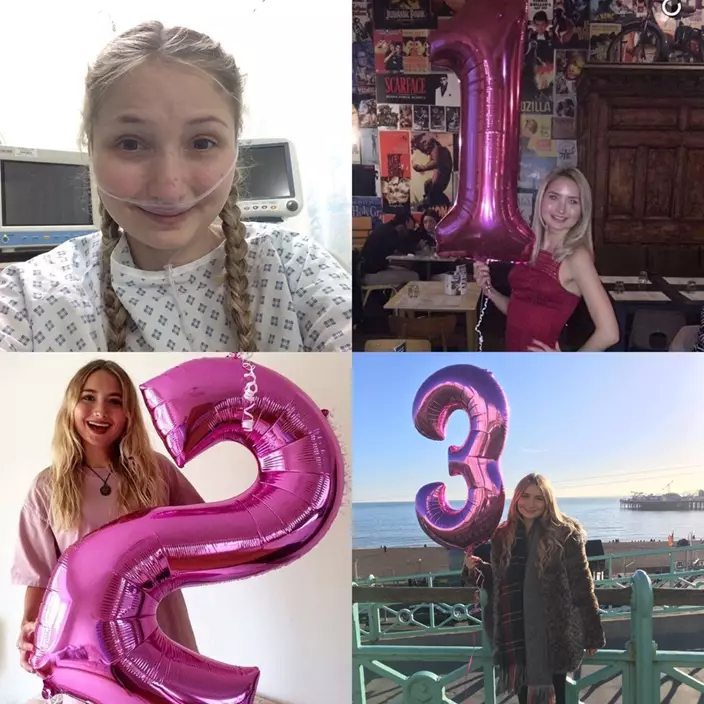
Holly just before her transplant and on her first, second and third anniversary (PA Real Life/Collect)
One by one, the group all began receiving those lifesaving calls, with Charlotte, a television production assistant, of Dover, Kent, having the first transplant in October 2011.
From the age of 13, her lung function had been declining until, by the time she was 16, it was at just 26 per cent, meaning she spent the last five weeks of her GCSEs in hospital.
Then, a month after being placed on 24/7 oxygen, she was told a match had been found.
Recalling how she dashed through the night to get to hospital, she said: “I was absolutely terrified.
“I wanted my life back, but I knew that could be the end, and I mightn’t wake up. I’d just got a new puppy and I kept thinking about her and how she needed her mum.”
As she groggily came round from surgery hours later, doctors showed Charlotte her new, healthy lungs on a screen.
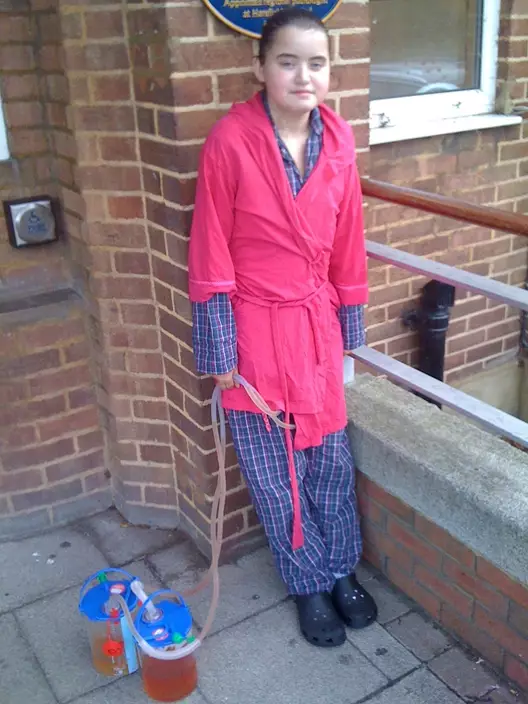
Charlotte having a chest drain (PA Real Life/Collect)
“My old ones had been blackened and full of holes from infections – but these were pink and healthy, it’s amazing,” she added.
“I still remember the first proper breath I took. I’d never known what it was to take a properly deep breath before.”
Next to have a transplant was Sharon, a health journalist from south London, who had the operation in August 2013.
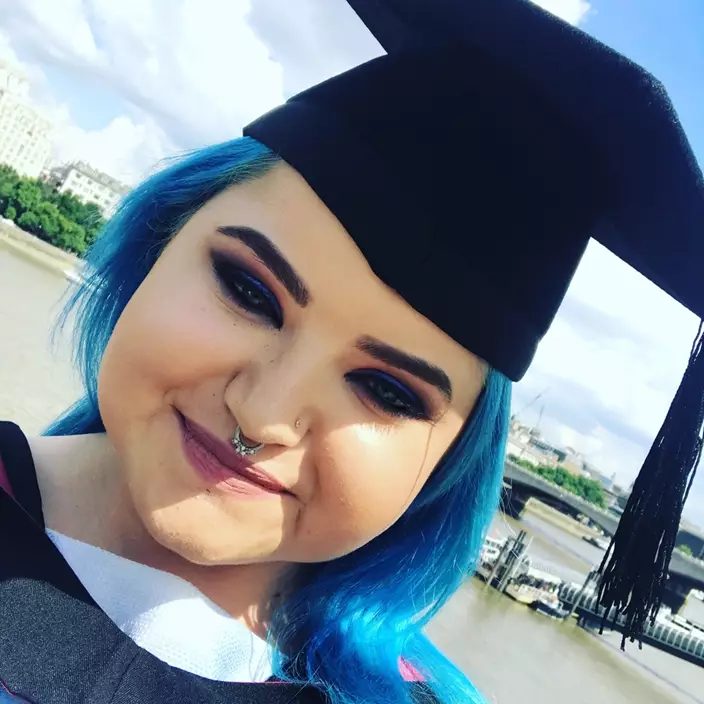
Charlotte graduating in 2017 (PA Real Life/Collect)
For the next 18 months, the women who had received new lungs provided reassurance to those still waiting.
Catching up virtually every week through their WhatsApp group, they would check in regularly, determined to keep spirits up and the bond between them strong.
Then, in February 2015, print designer Holly, whose decline had started aged 18 when her right lung collapsed, was next to get a transplant.
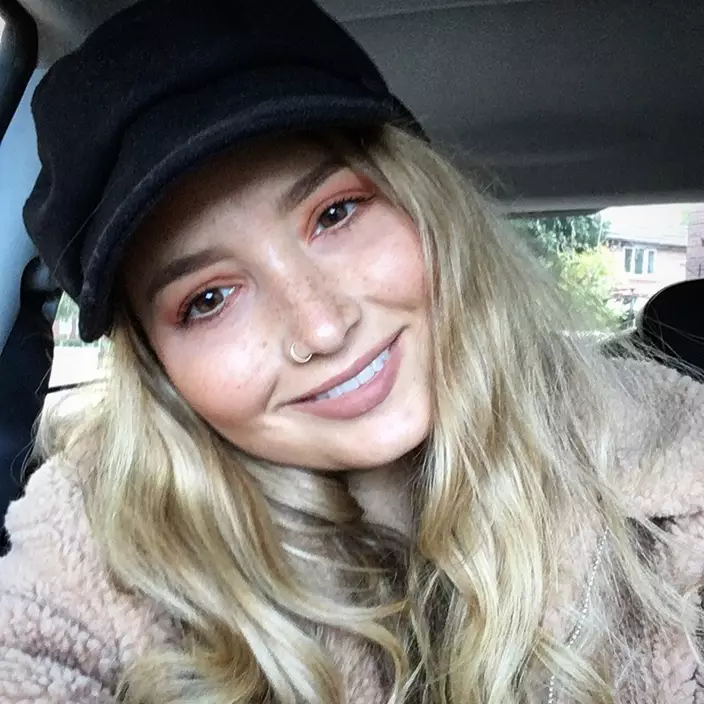
Holly in 2018, post-transplant (PA Real Life/Collect)
Previously, she had been unsure about whether she wanted new organs, fearing she would have to put her life on hold for something that was not a guarantee.
But then, a close friend and fellow cystic fibrosis patient sadly died as a result of the condition.
“I wasn’t far off being as poorly as her, so it really woke me up,” Holly candidly explained. “I went to see her to say goodbye and told her I’d fight to live for the both of us. I knew that having a transplant was a part of that. I realised I wanted to stay alive.”
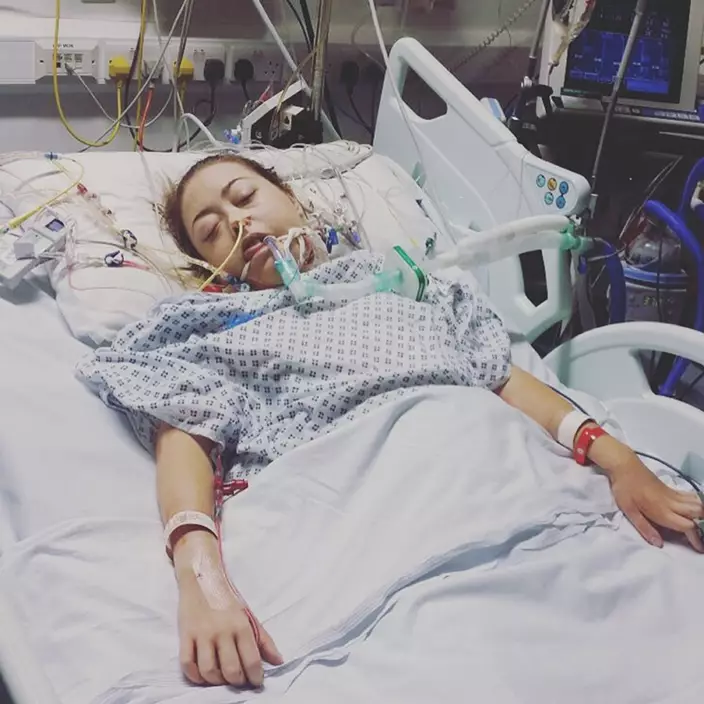
George before her transplant (PA Real Life/Collect)
In the months that followed, both hospital administrator George, of Cobham, Surrey, and stay-at-home-mum-of-one Ashley, of south east London, got their calls.
George, whose carpenter husband Lee, 32, has been her rock throughout her journey, went first in August.
Previously, even holding a conversation was a challenge, as she was too breathless to get her words out.
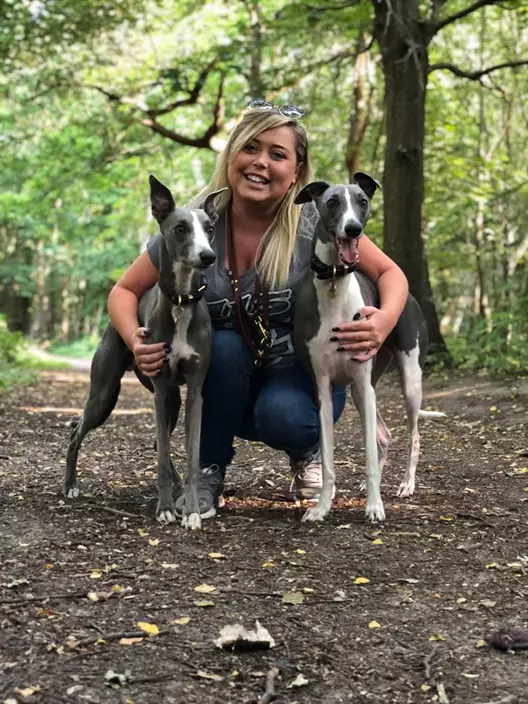
George post-transplant with her pet dogs (PA Real Life/Collect)
She had briefly seen a glimmer of hope when her body responded brilliantly to a drug called Kalydeco – but her lungs soon began to fail again.
Following her operation, George’s life changed instantly, and she revelled in the simple marvel of being able to do everyday tasks that once seemed impossible.
“I’ve lived my whole life not being able to breathe properly,” said George, adding that a year later, she even met her donor’s family in person after exchanging emotional letters, and remains close friends with them to this day.
She added: “After the transplant, I could blow out candles, whistle and blow up balloons – stupid little things that meant a lot to me.”
Two months later in October 2015, Ashley, who had been clinging to life hooked up to an ECMO machine – a type of artificial lung – was saved at the eleventh hour.
In the lead up to her transplant, her loved ones and friends, including computer scientist husband Alastair, 38, launched Ashley’s Next Breath, a campaign to encourage people to sign up as donors.
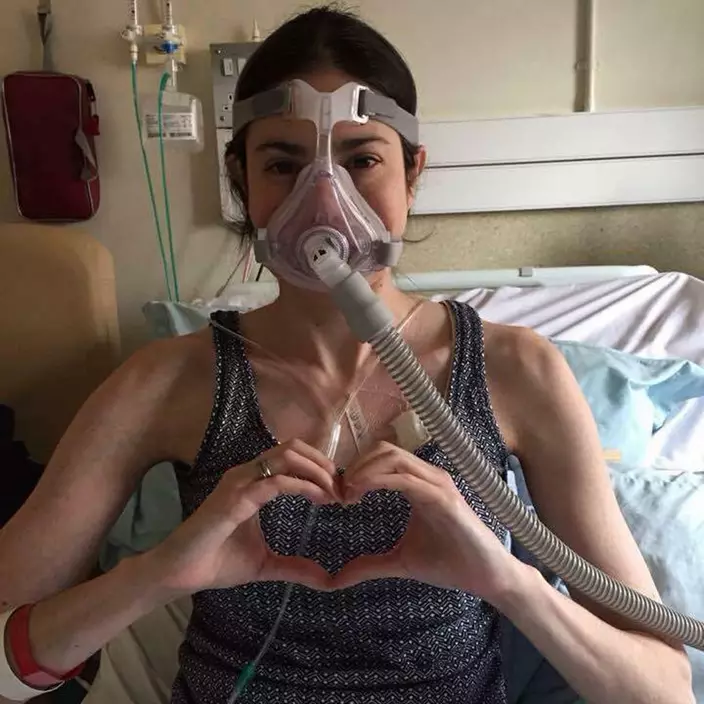
Ashley before her transplant (PA Real Life/Collect)
Her son Emerson, now four, then just a tiny baby, she said the thought of leaving him without a mum was incredibly difficult.
“The physical suffering was horrendous, but I wouldn’t wish the emotional toll on anyone. Worrying what would happen to Emerson if I didn’t make it was torture,” she explained.
“Even now, I’ll catch him doing things like getting ready for school and feel so grateful I’m here to see that.”
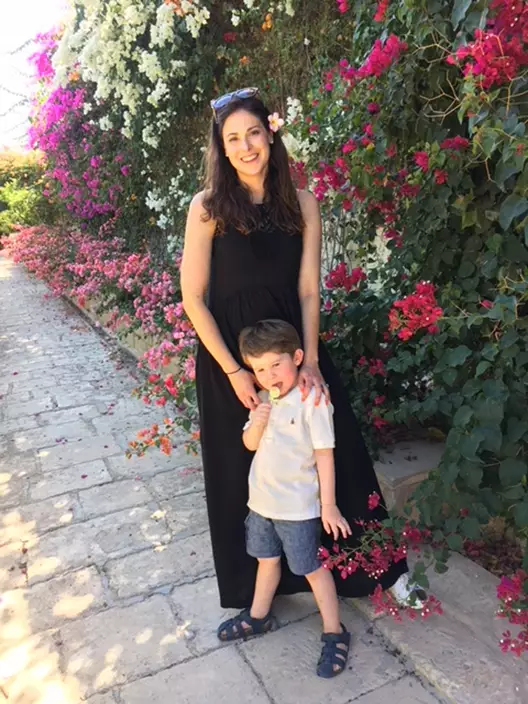
Ashley post-transplant with her son Emerson (PA Real Life/Collect)
Around the same time, psychology intern Libby had been raced home from a trip interrailing around Europe – which she had doctors’ permission to take – after suddenly collapsing.
A CT scan revealed that she had very severe pneumonia, which then developed into chest sepsis, leading to her being in and out of hospital for eight months.
Despite fears she was too sick for a transplant, her medical team refused to give up, fighting to get her onto a trial for Orkambi – a sought after drug that many people are campaigning to be made available on the NHS.
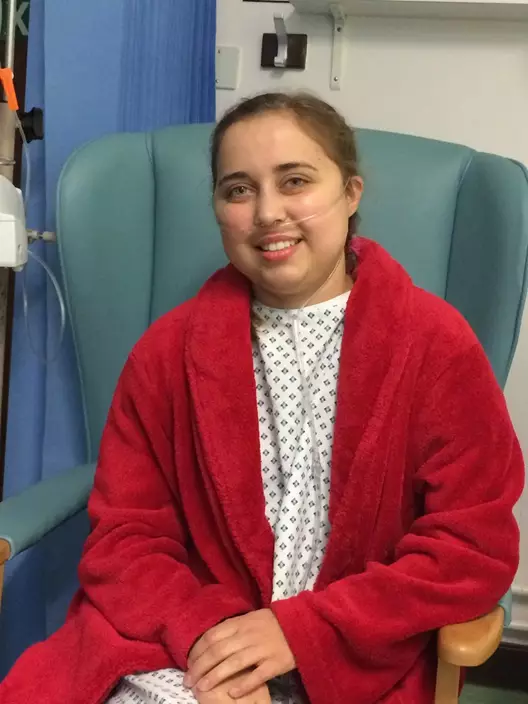
Libby in May 2016, waiting for her transplant (PA Real Life/Collect)
Keeping her alive when she had been weeks from death, the drug enabled Libby to grow strong enough to be considered for a transplant.
And, after four false alarms, she had the 14-hour operation in May 2016.
“If this transplant buys me one more year, or 80 more, it’s still longer than I would’ve had,” she said. “The best way I can honour my donor now is to live my life to the full.”
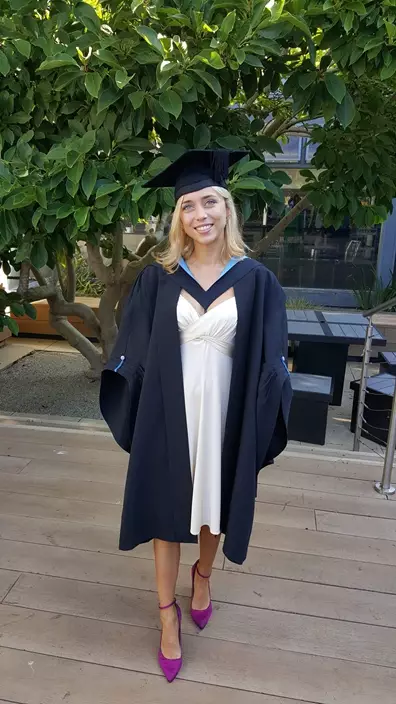
Libby graduating university in July 2018 (PA Real Life/Collect)
The last of the ladies to get her call was Josie, a fashion student from south London, whose delay in hitting milestones was originally thought to be because she had been born premature, along with her twin brother Tommy, who does not have cystic fibrosis.
Aged 22, she started to decline, and while she had always known this could happen, it was far more rapid that she had ever imagined.
Before she knew it, she was on oxygen 24/7, clinging to life.
In March 2016, Josie was listed for transplant and put on an ECMO machine to buy her time while she waited.
Then, in July 2016, she got that all-important call.
“I know false alarms can happen, so I’d resigned myself to the fact it may not go ahead. But then suddenly doctors were in my room, telling me we were good to go,” she said.
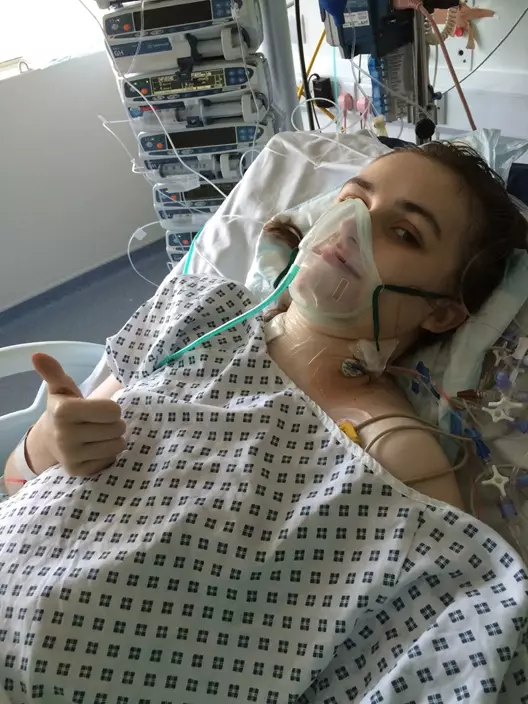
Josie on an ECMO machine just before her transplant (PA Real Life/Collect)
She added: “I’d previously been having lots of panic attacks, but being wheeled down to theatre, I felt remarkably calm.”
After medics found a bleed on her lung that they wanted to monitor, Josie was asleep for a few days following her surgery.
Then, after she came to, doctors switched her oxygen off to see how she would react. She thought she was still hooked up to the machine until they told her, ‘It’s you. You’re breathing.’
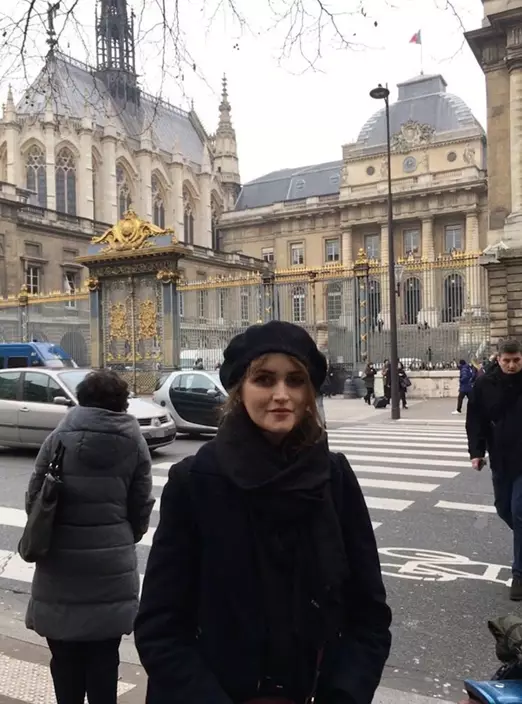
Josie post-transplant in Paris in December 2017 (PA Real Life/Collect)
Having all recovered from their transplants and settled into their ‘new normal,’ the ‘transplant girls’ were finally able to meet in person for the first time in July 2018, toasting their health – and friendship -together in London’s Chinatown.
“A couple of us have met one on one over the years, but we’ve never all been together as a group before,” said George.
“It was so amazing to see them all there in person and to laugh, drink and celebrate life together.”
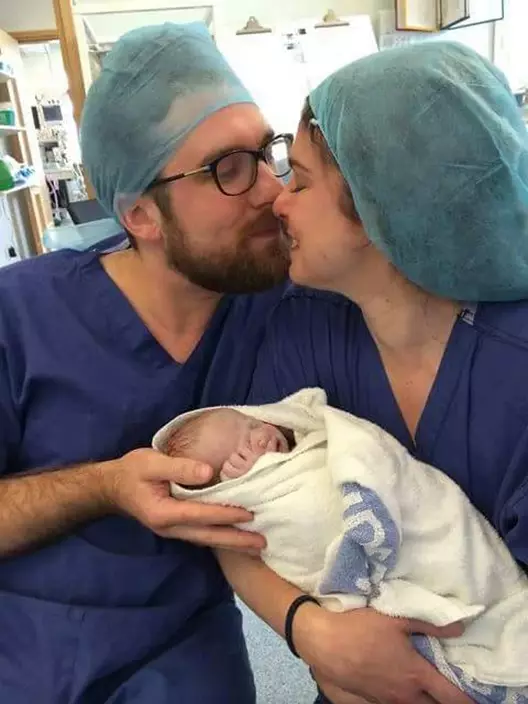
Alastair and Ashley with Emerson when he was born via her sister-in-law acting as a surrogate (PA Real Life/Collect)
Now, the group are calling for others to not only sign up as donors, but to share those wishes with their loved ones.
Libby said: “I want to ask people, if your mum, dad, daughter, brother, friend or even you were ill, would you take an organ? If the answer is yes then you need to think about giving one too.”
Holly added: “We aren’t good at talking about death in this country but we need to open up and share those wishes with our families. I’m an organ donor myself. I don’t know what I’ll be able to give, but my family know that, when the time comes, that’s what I’d want.”
Support Libby’s research at www.justgiving.com/crowdfunding/transplant-psychology-research
For information, visit www.shareyourwishes.co.uk



